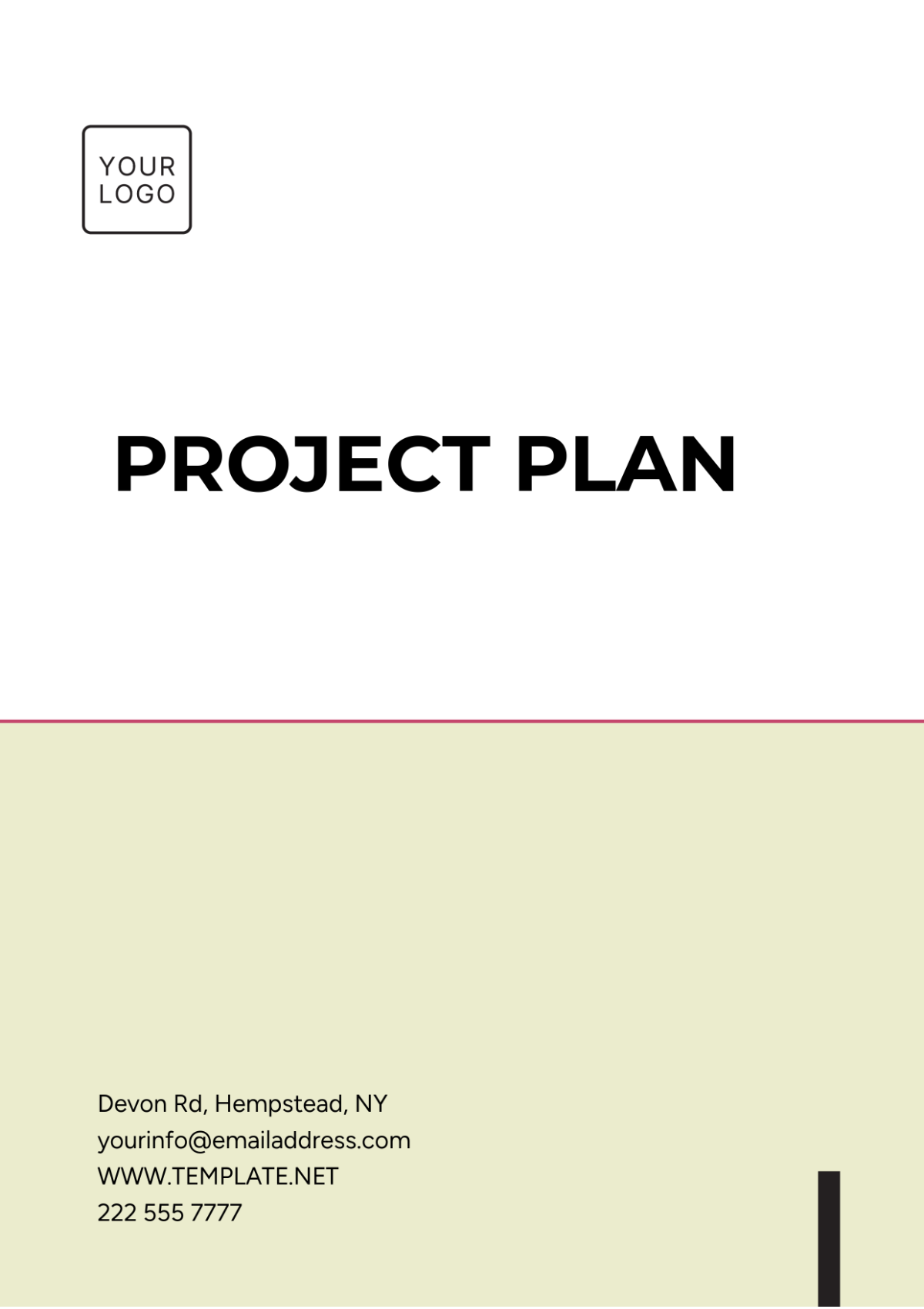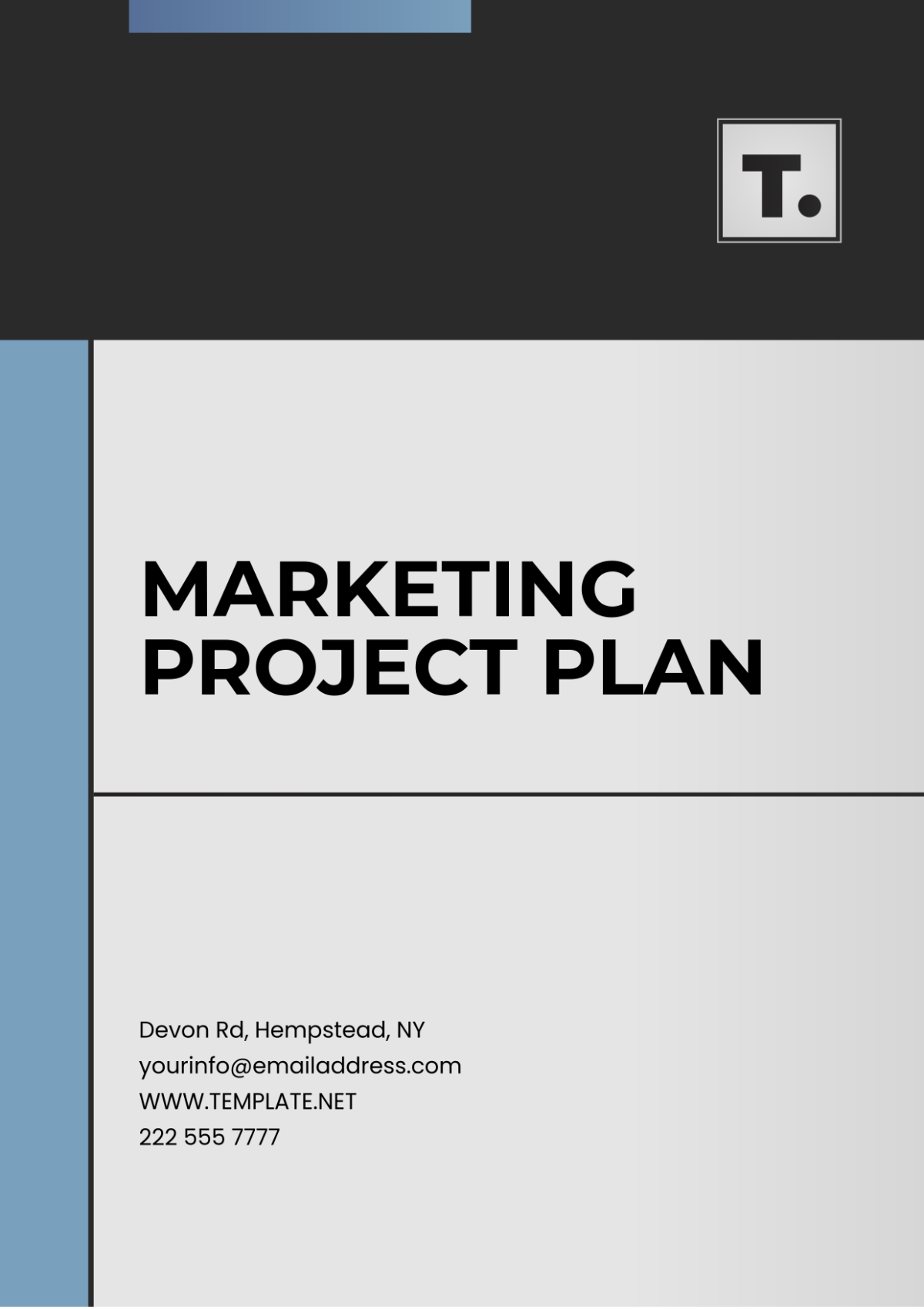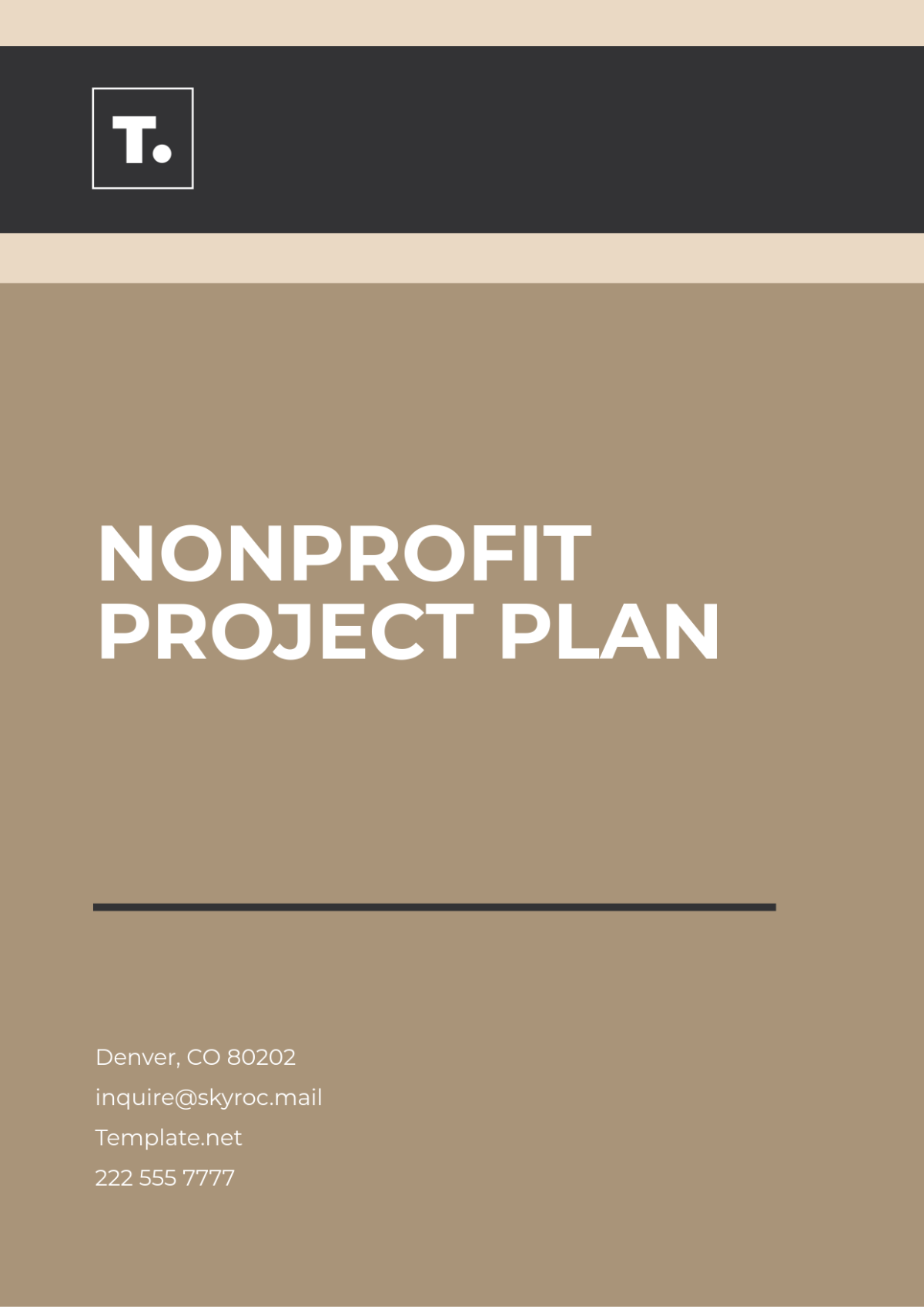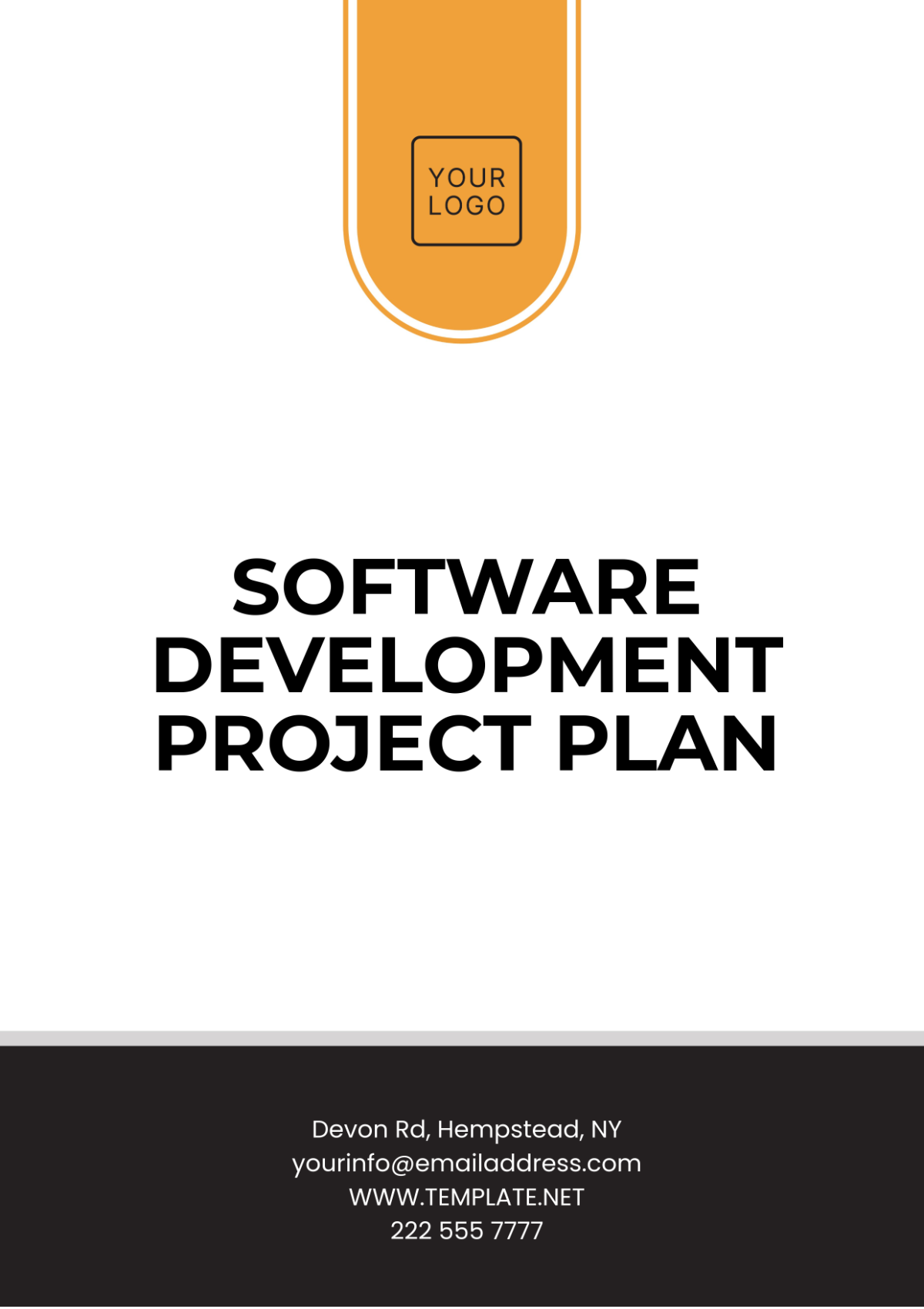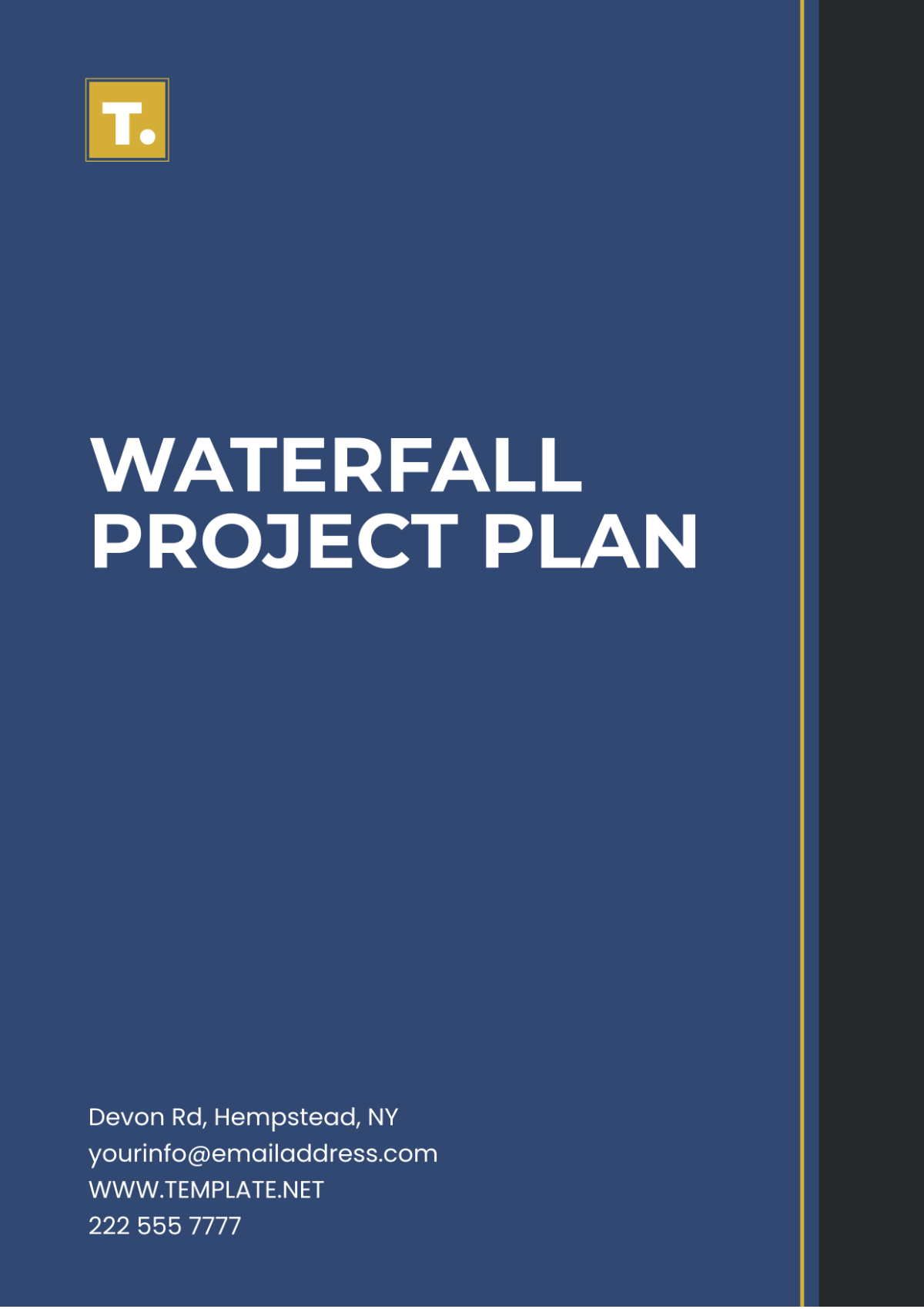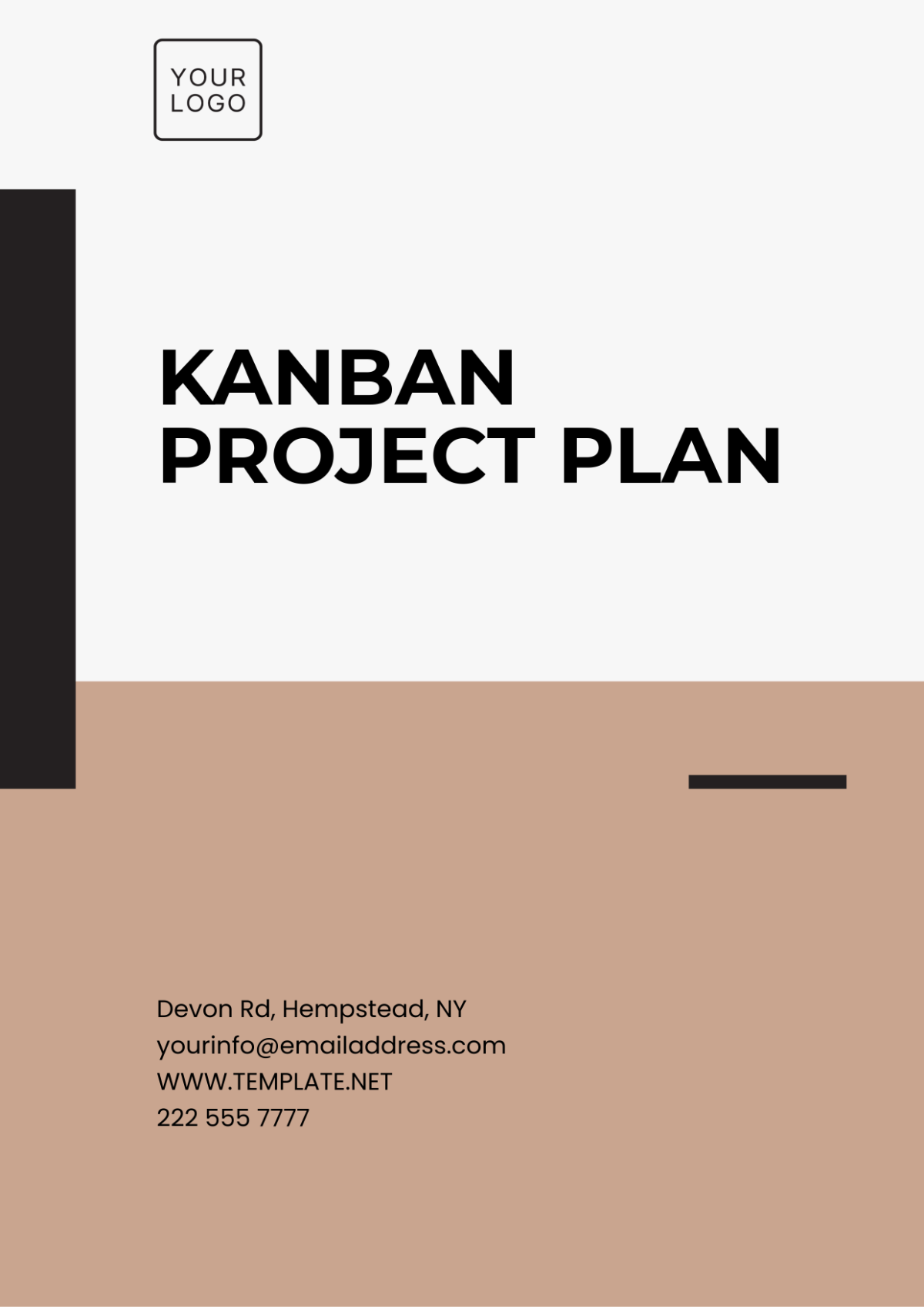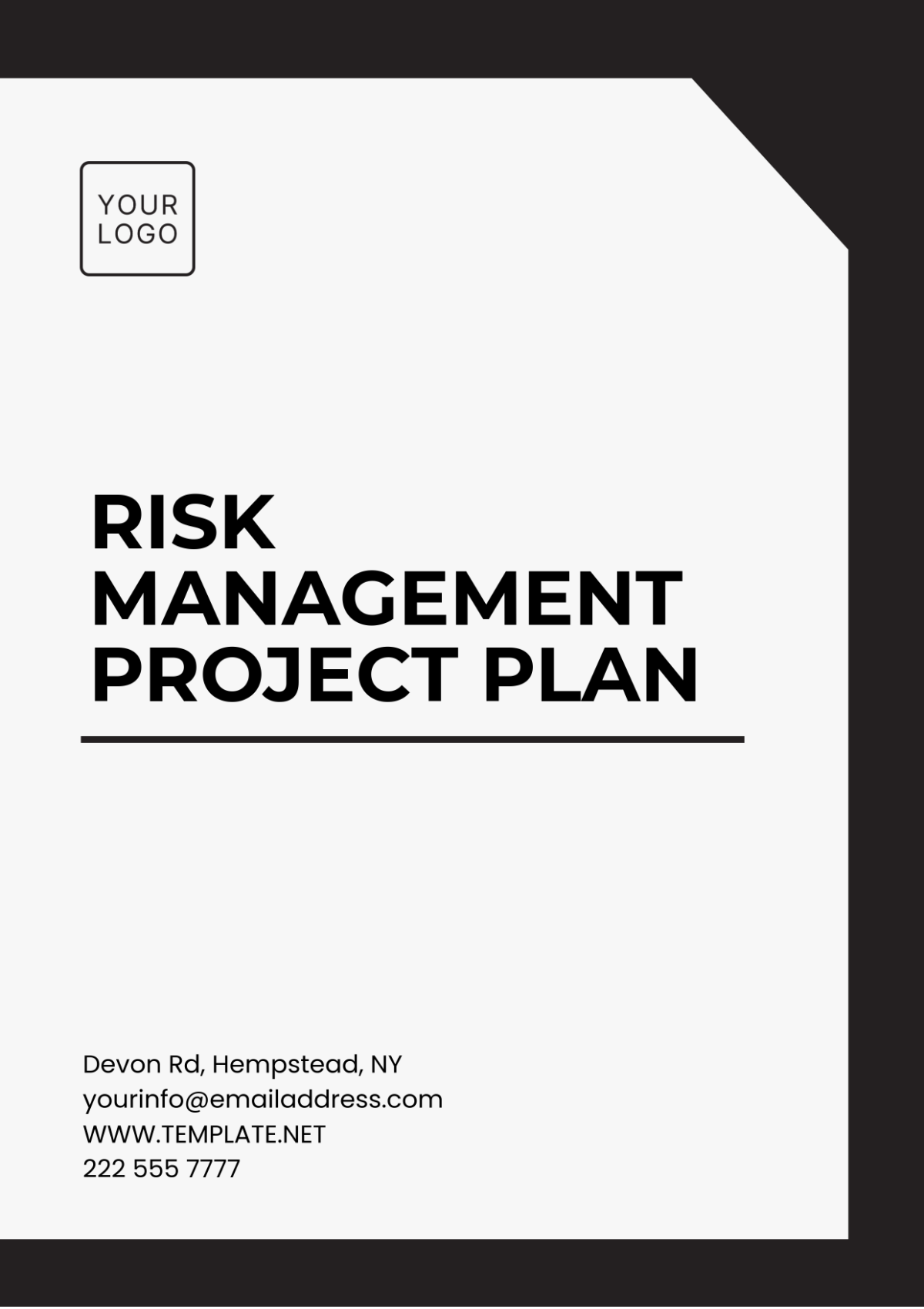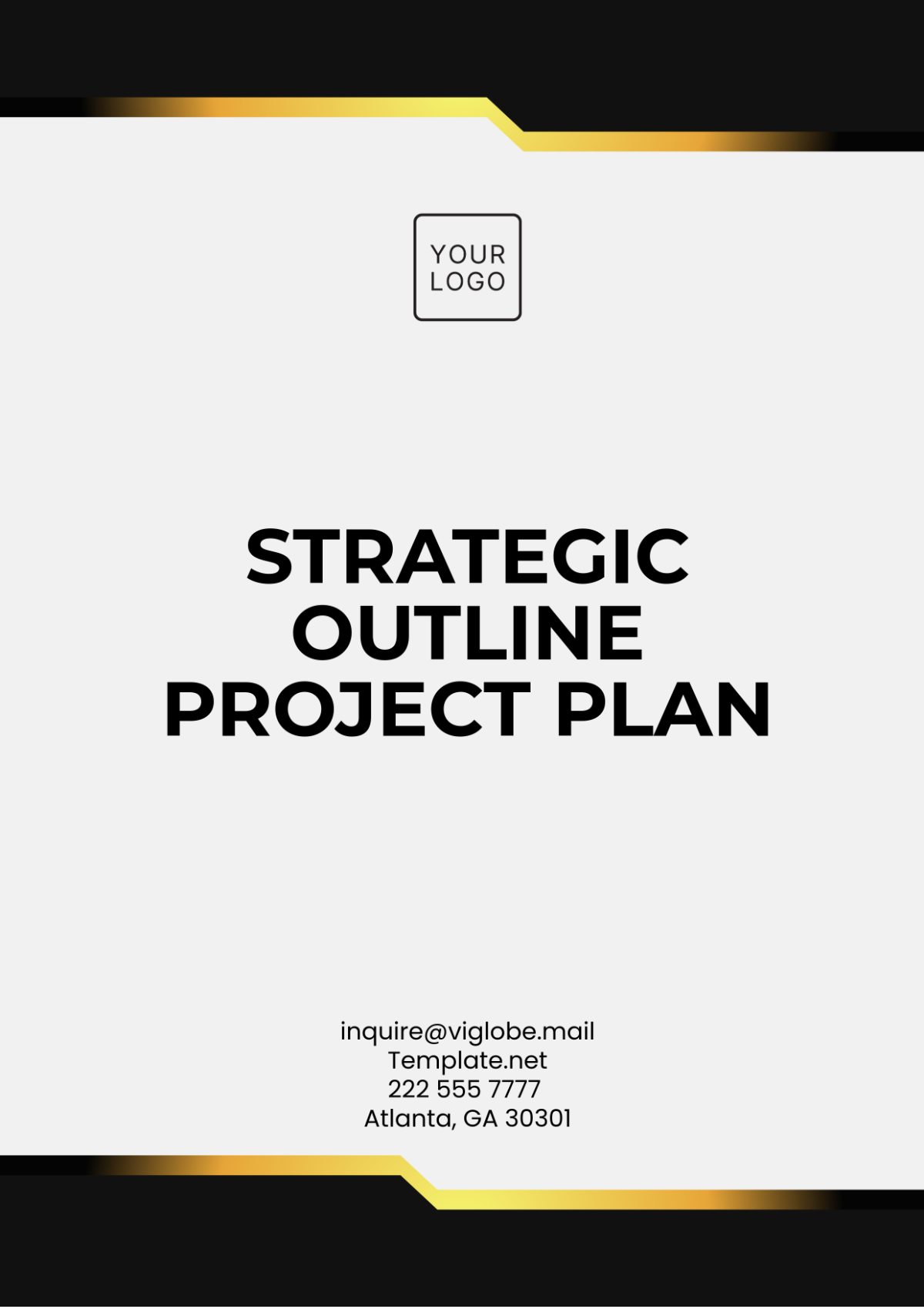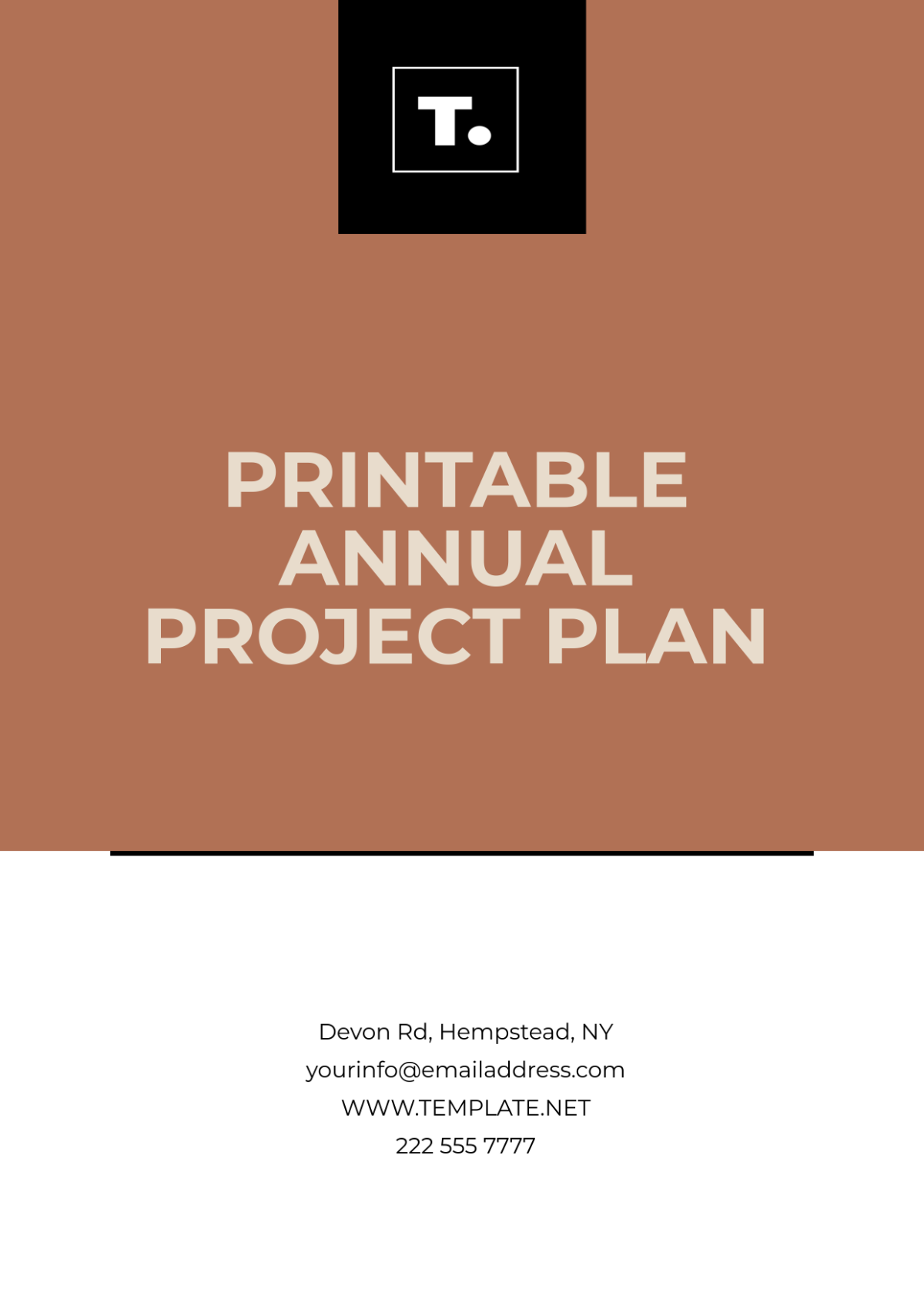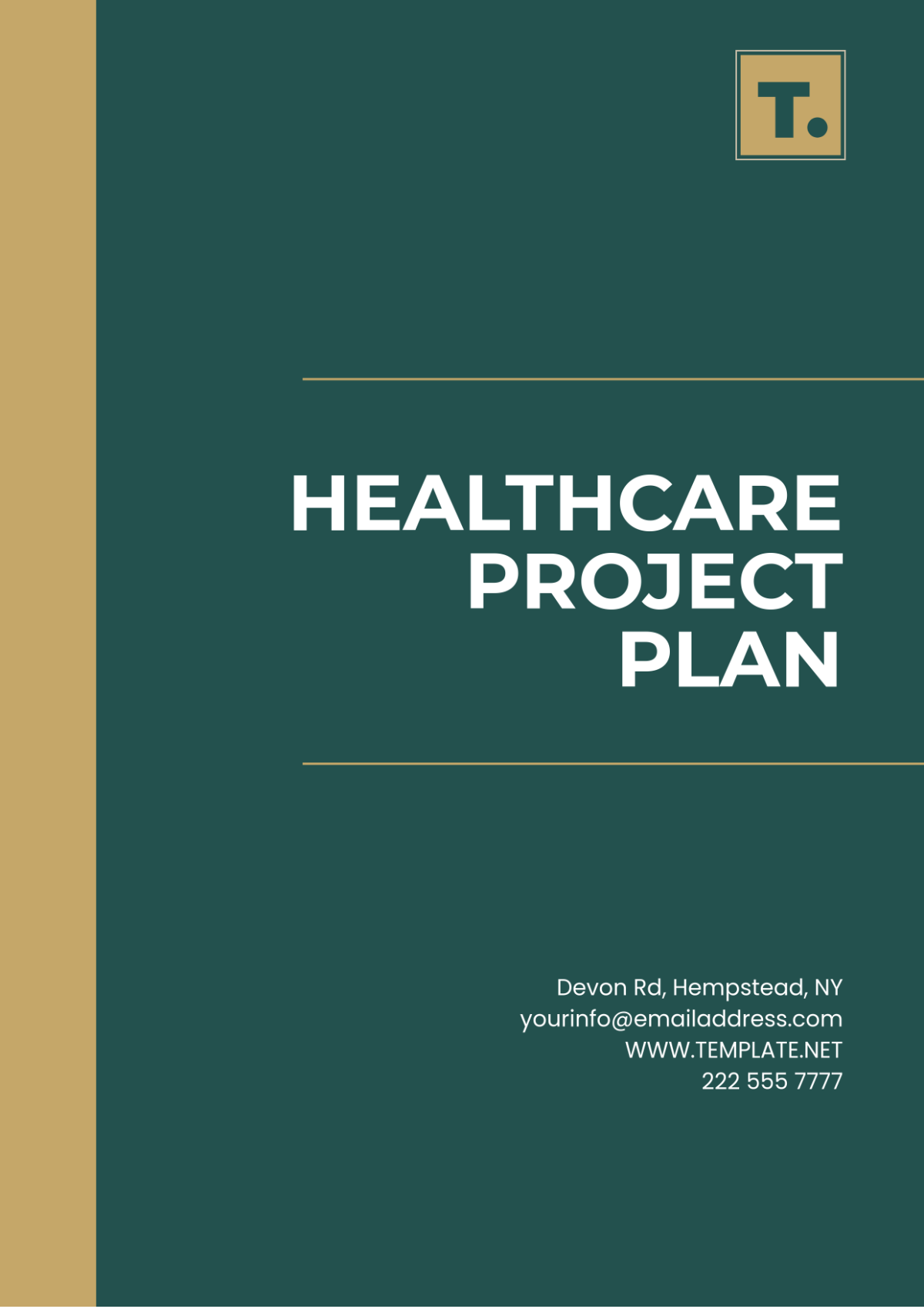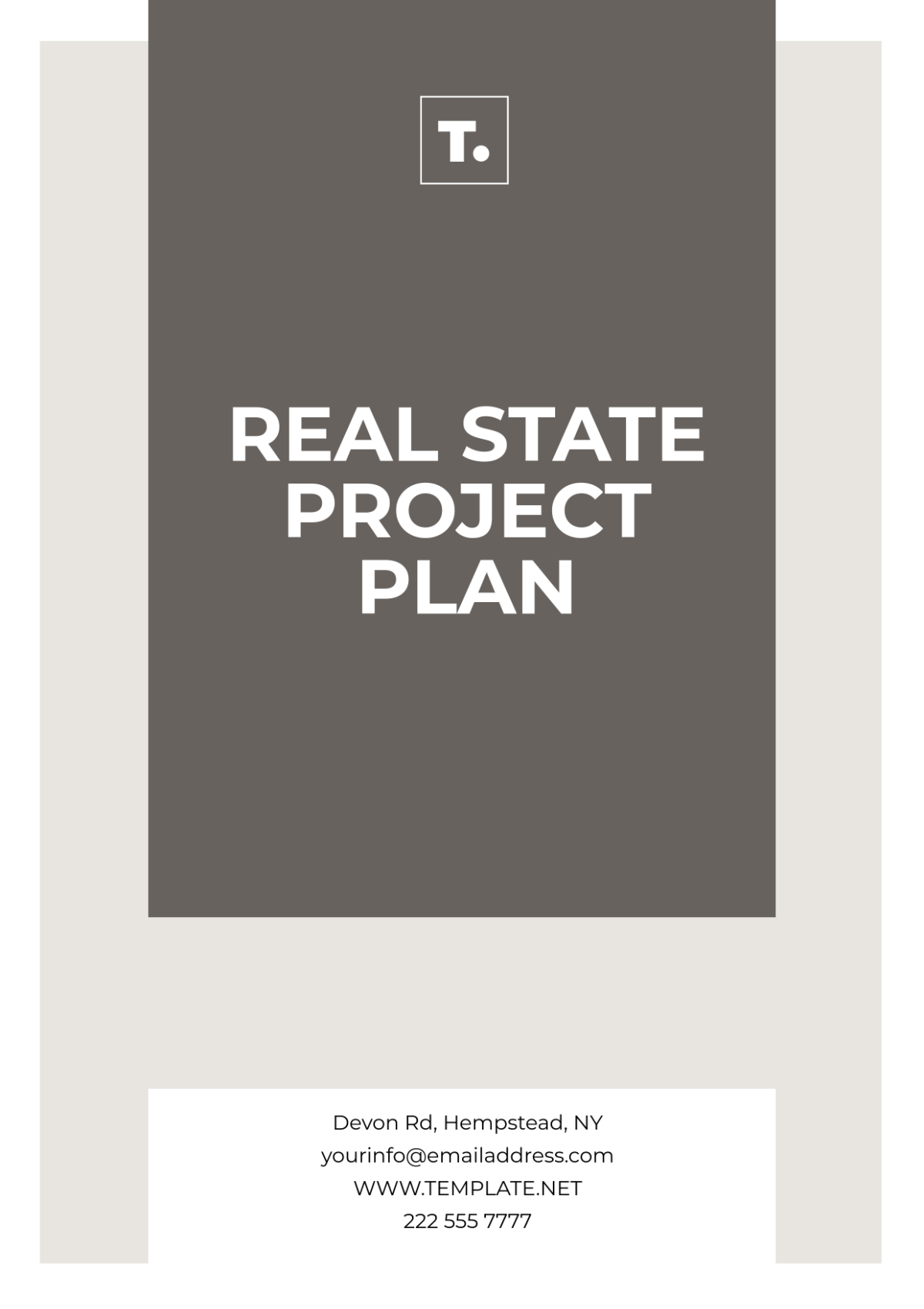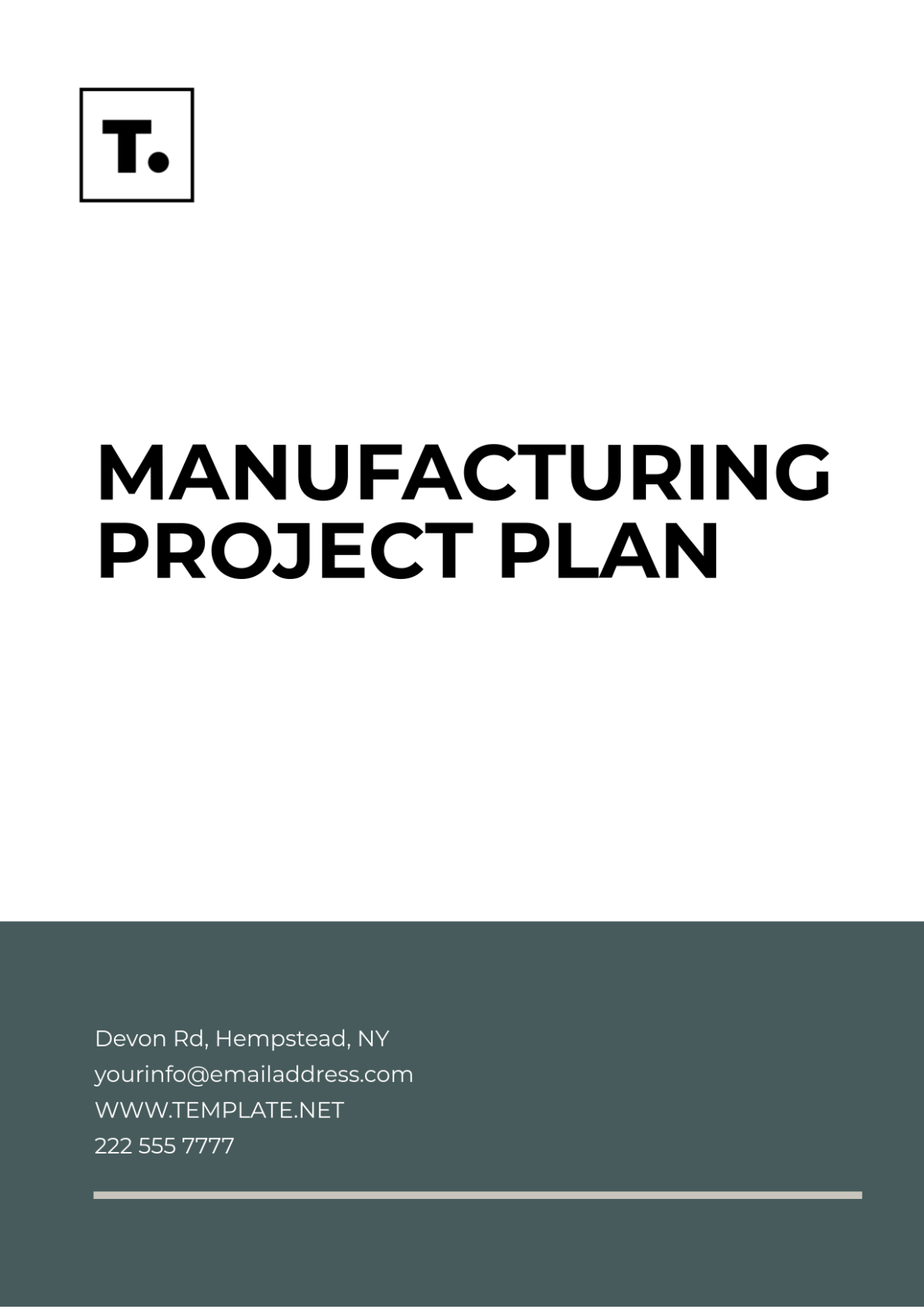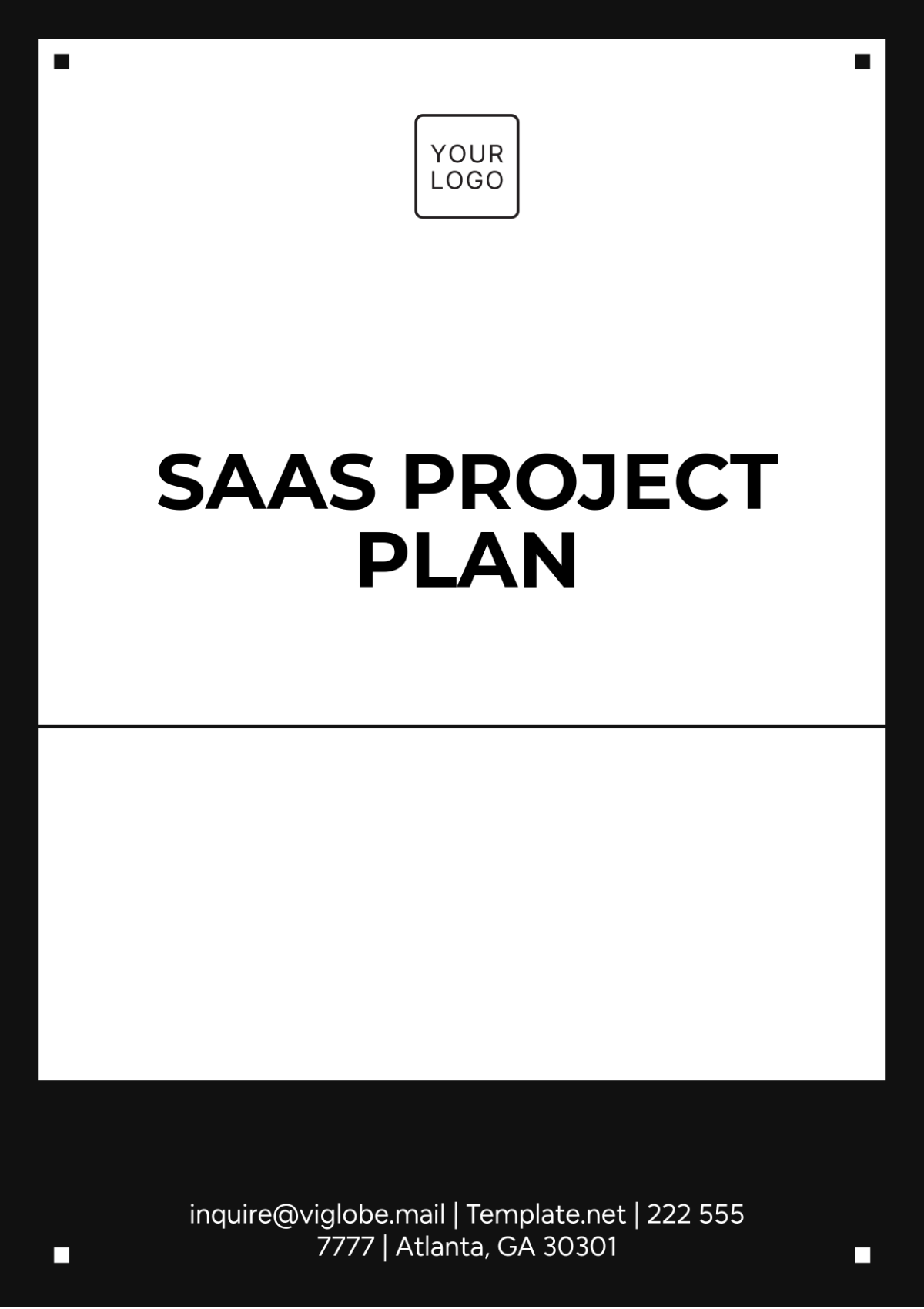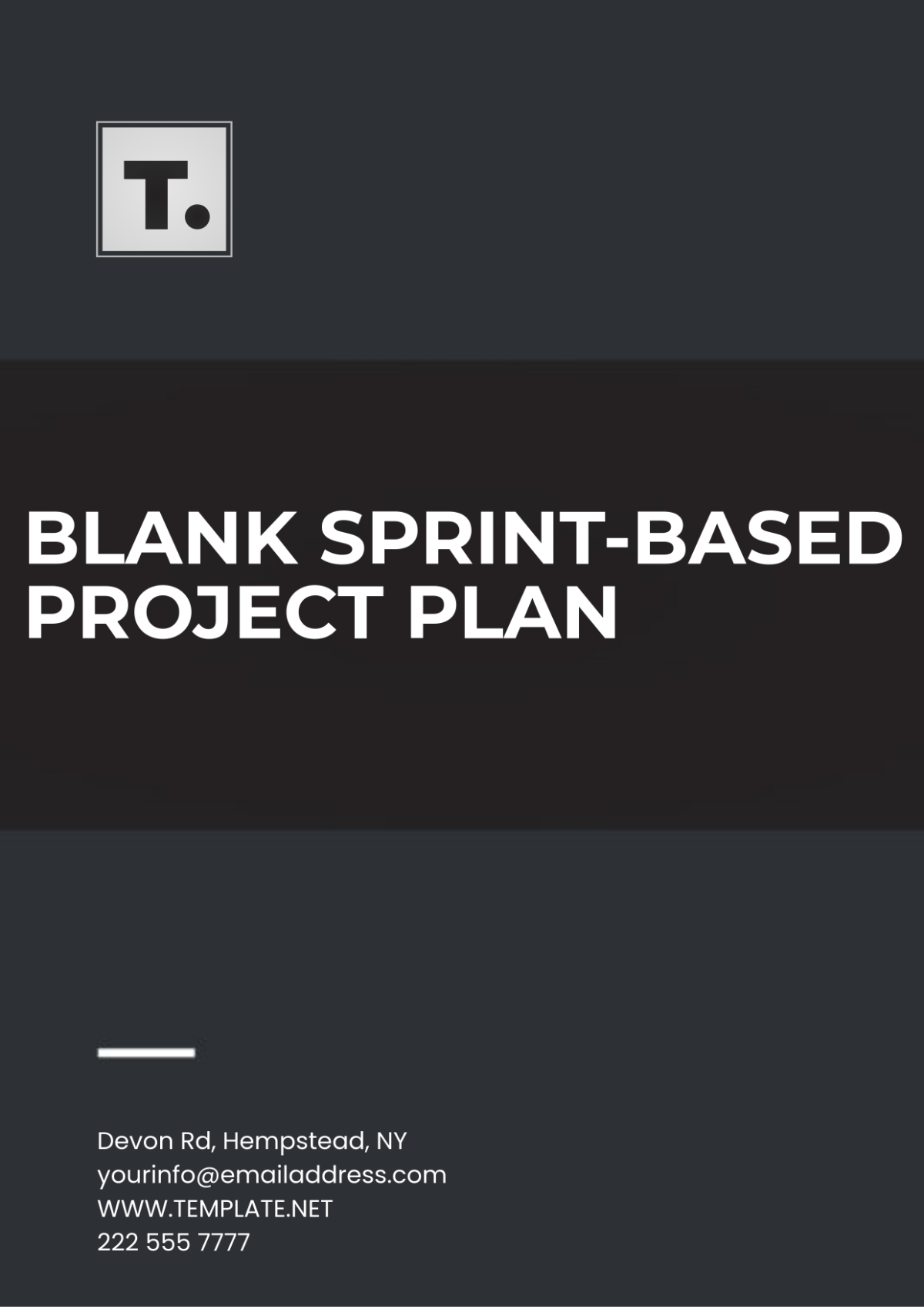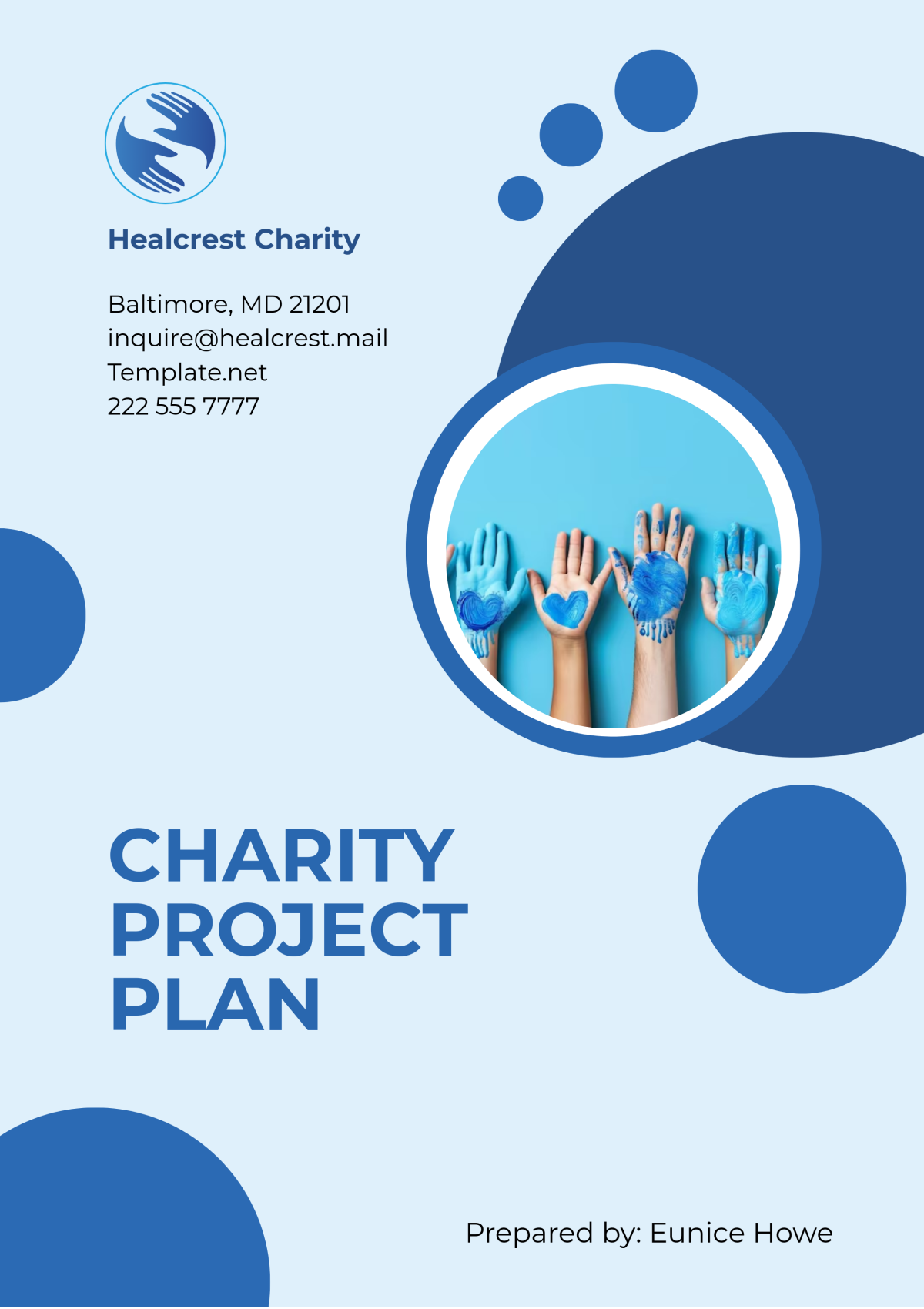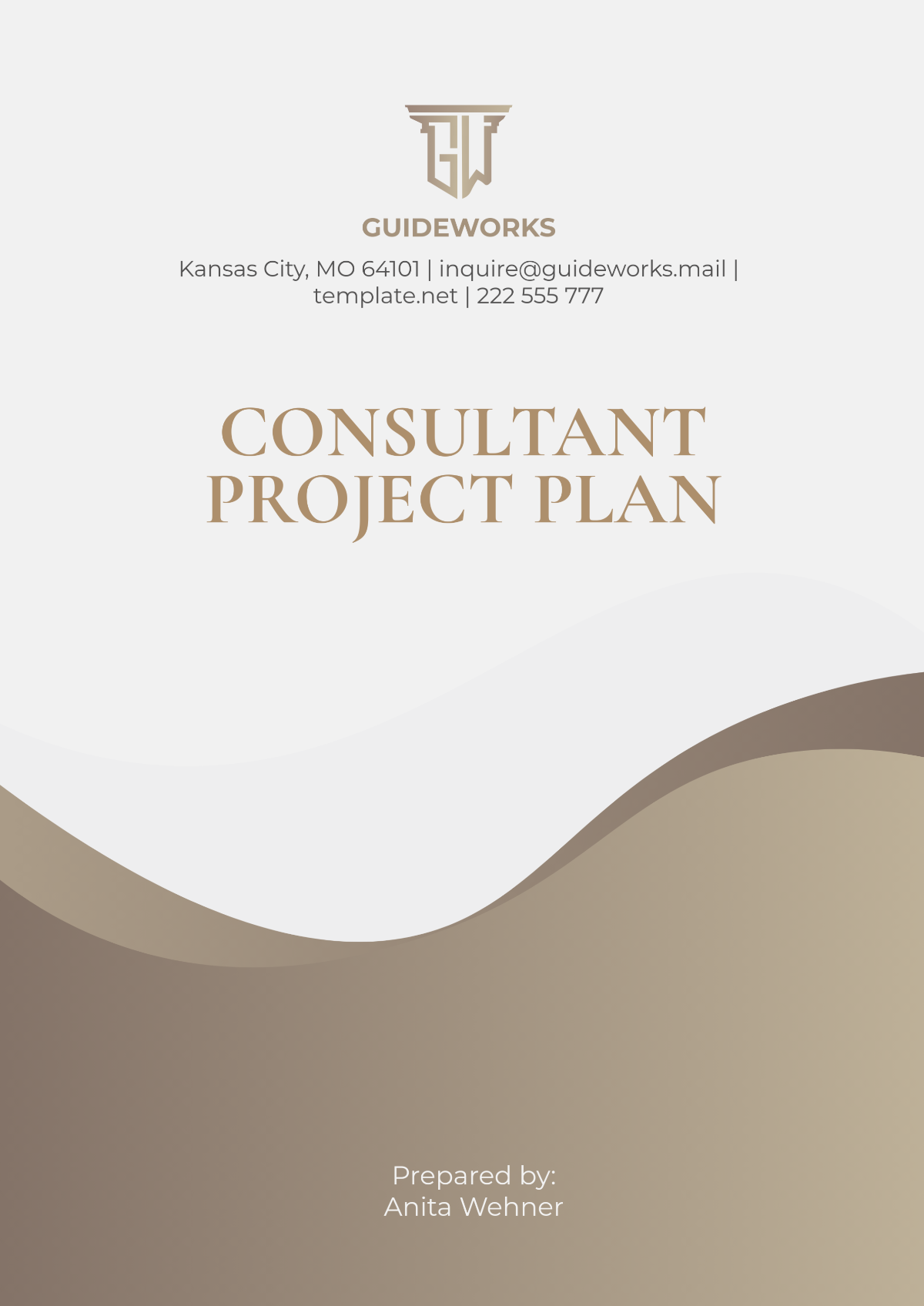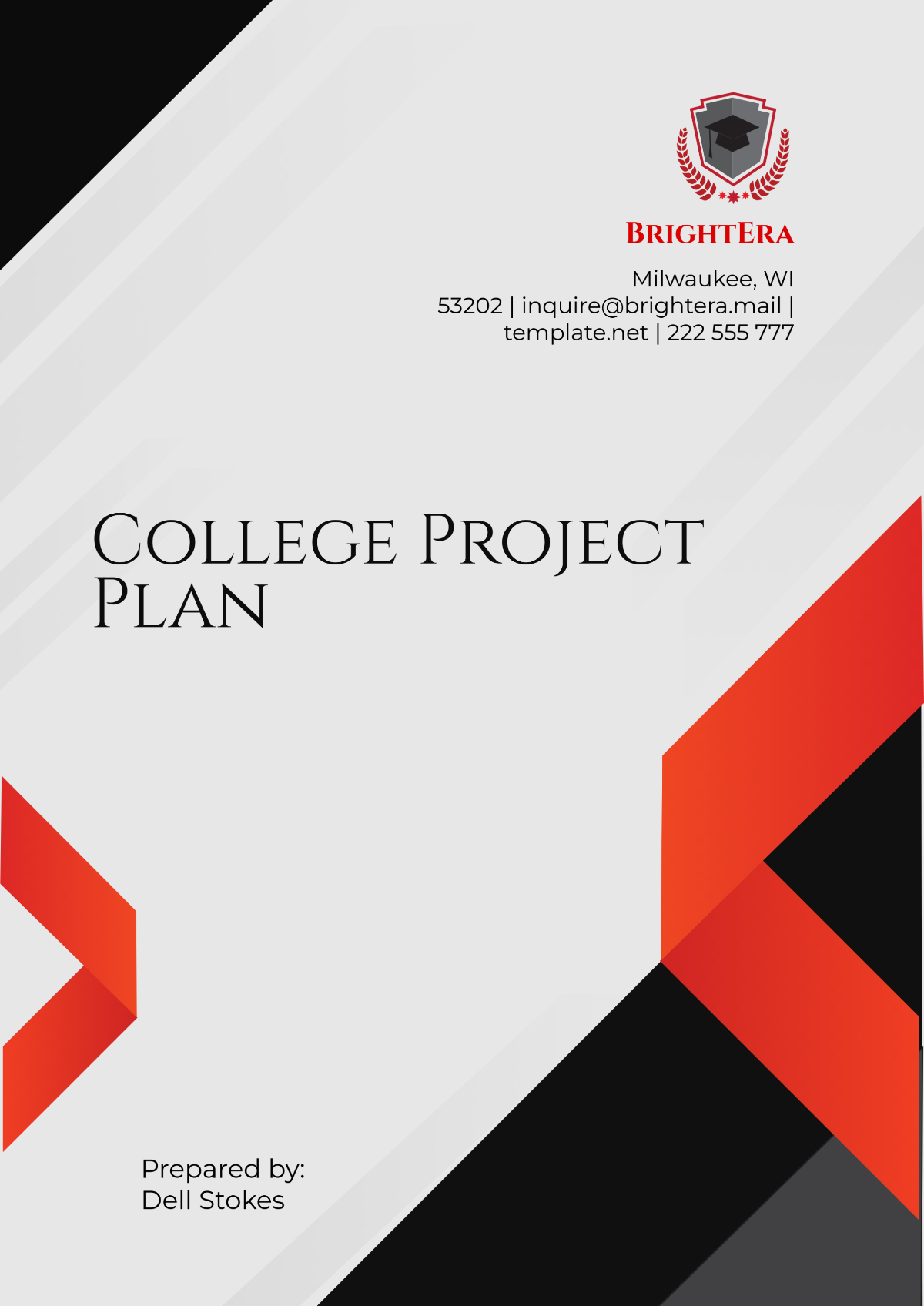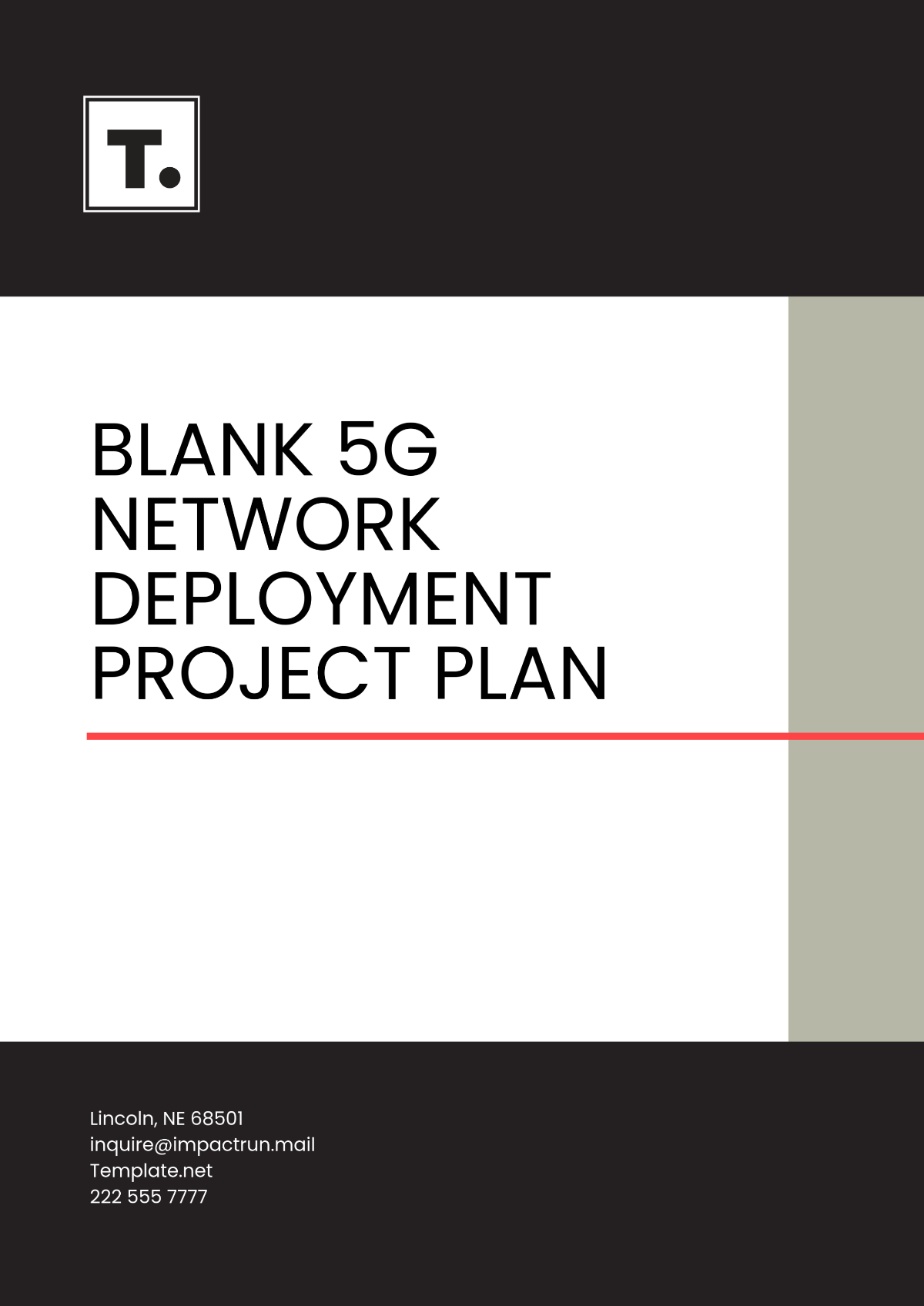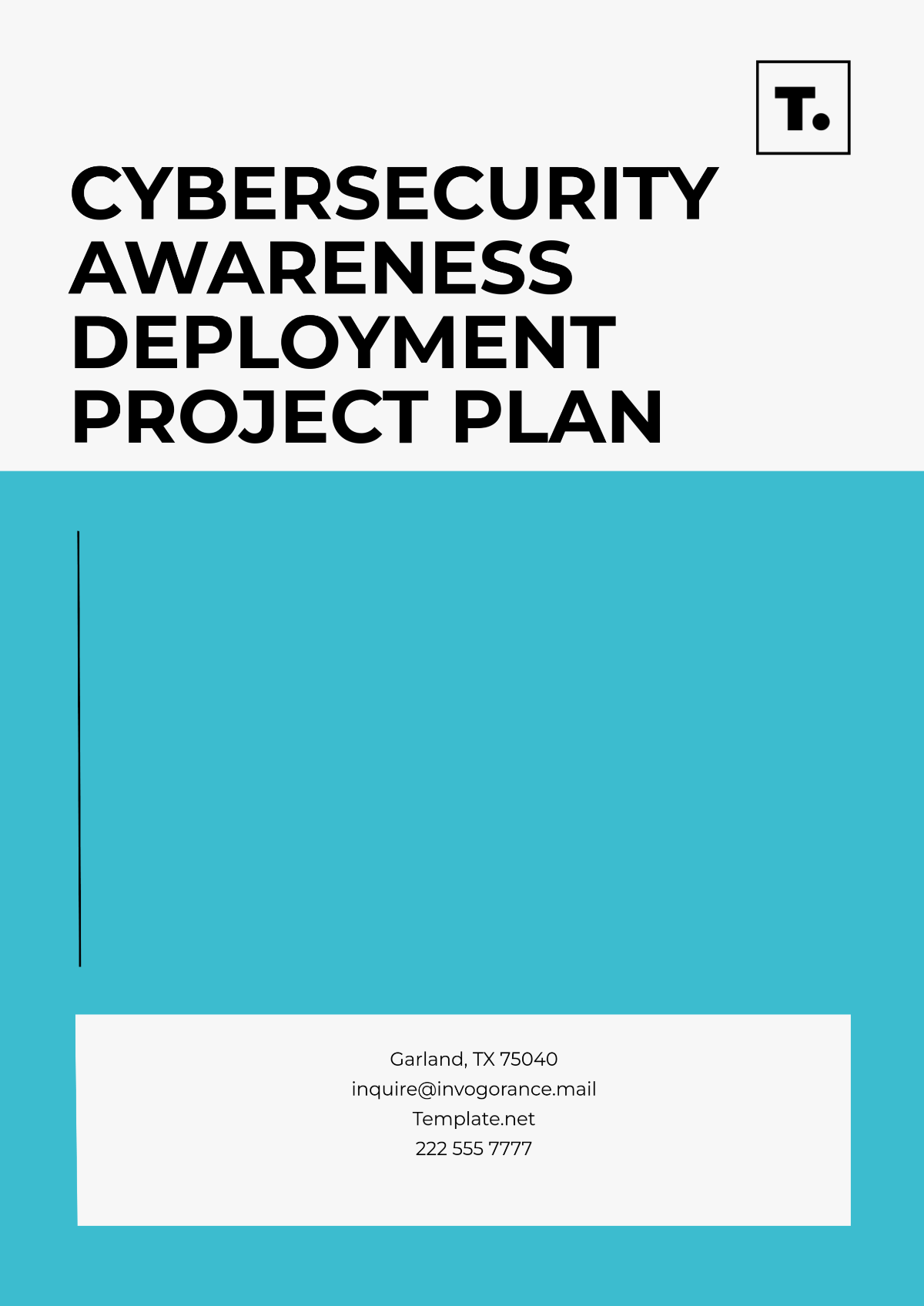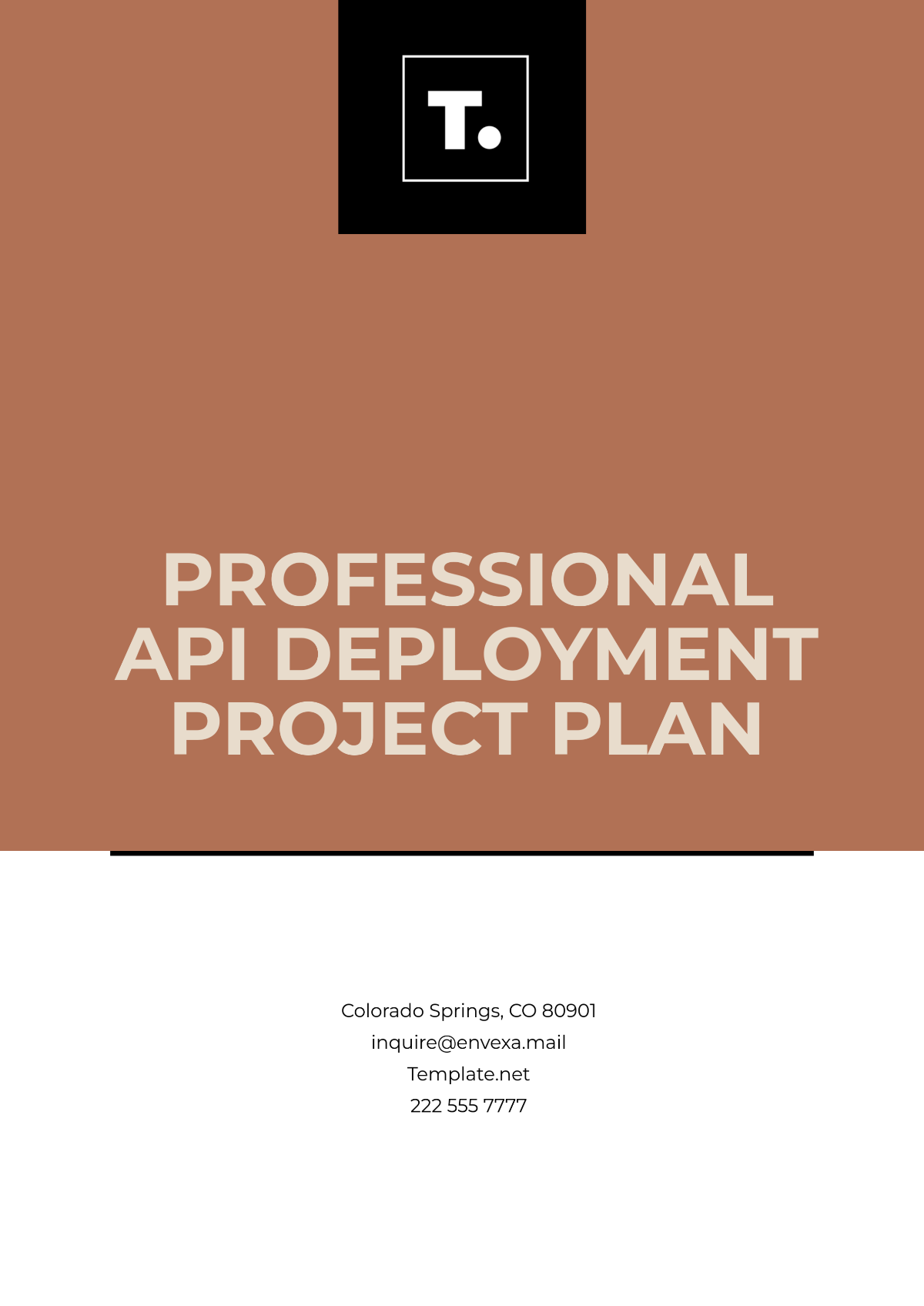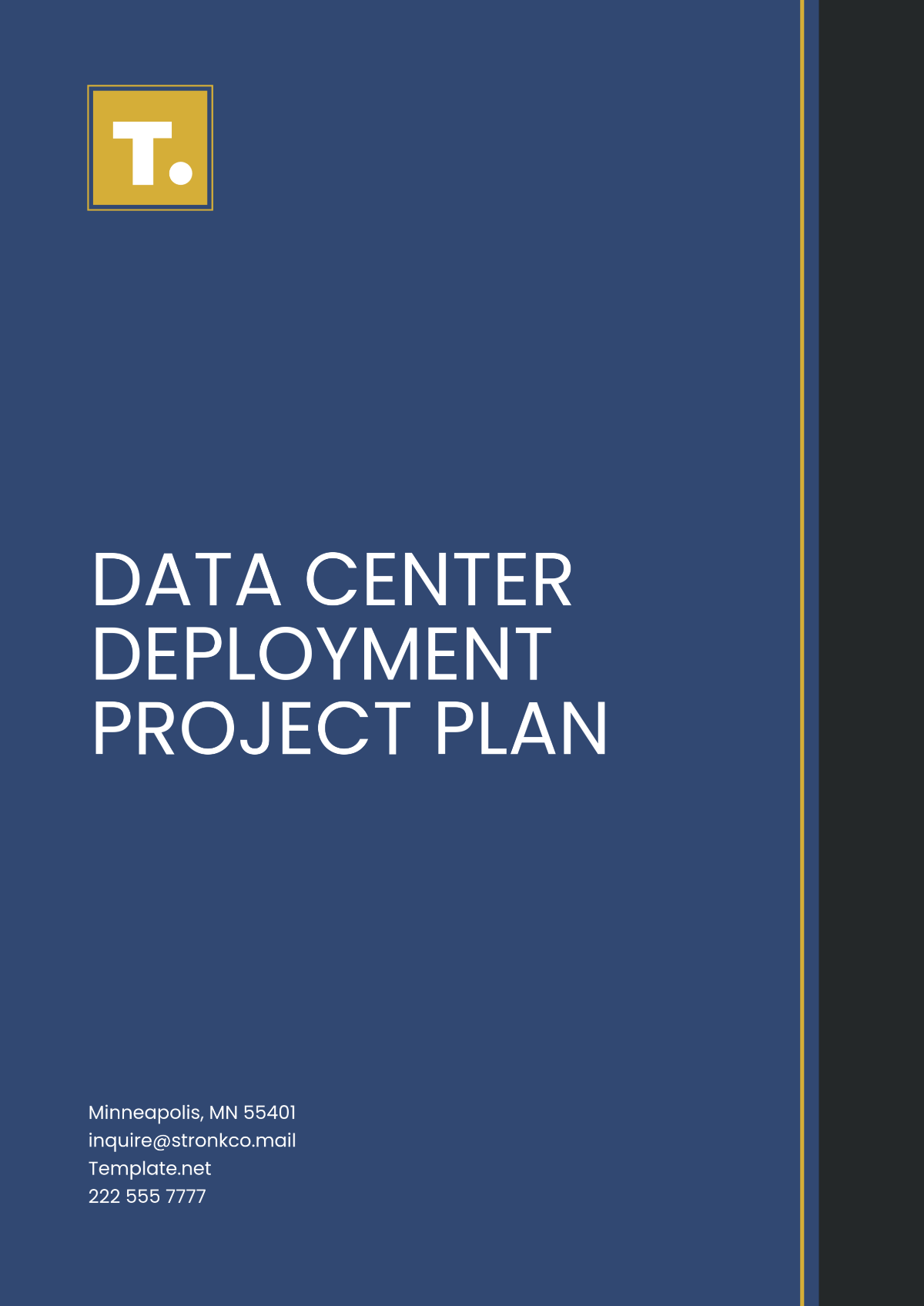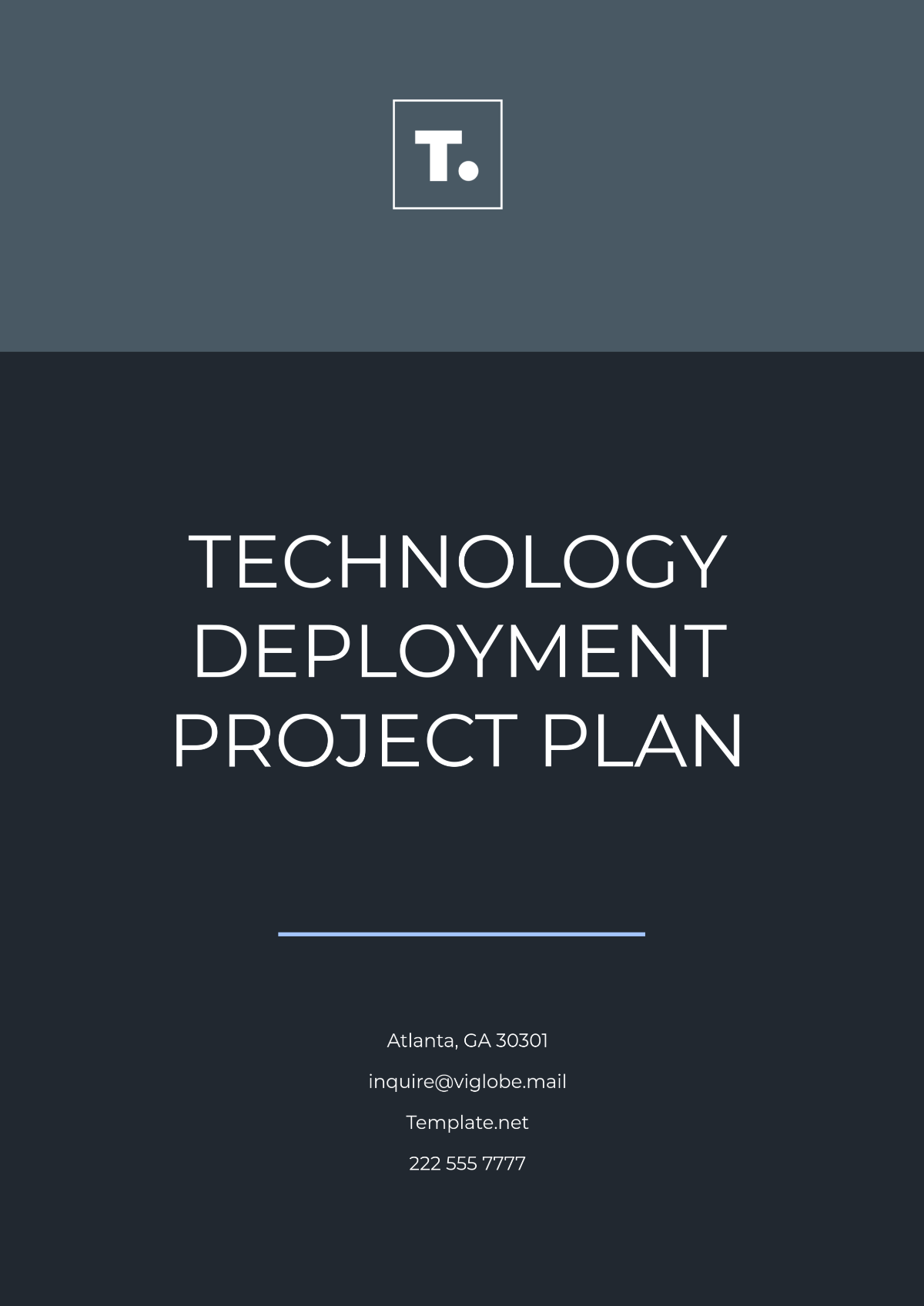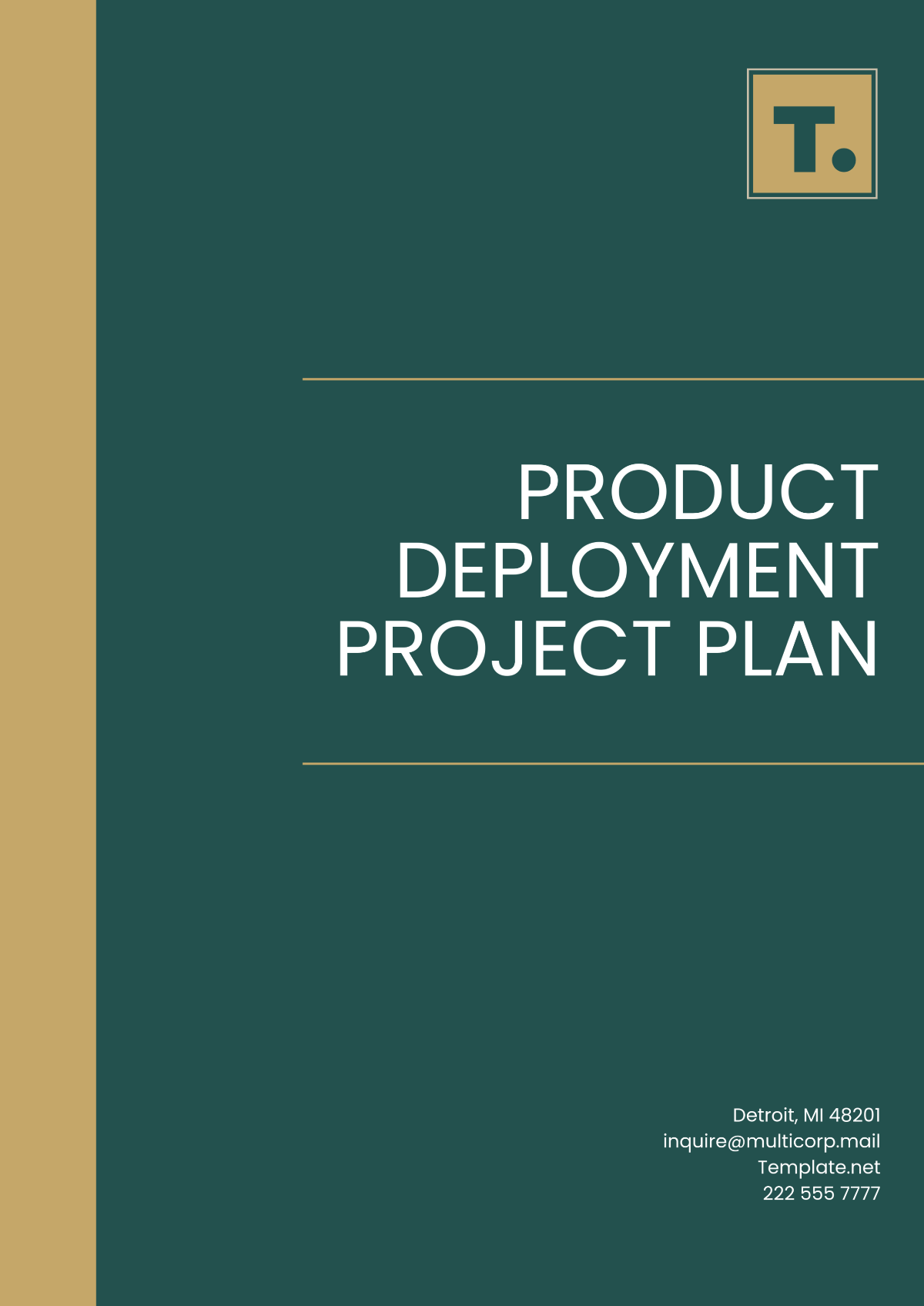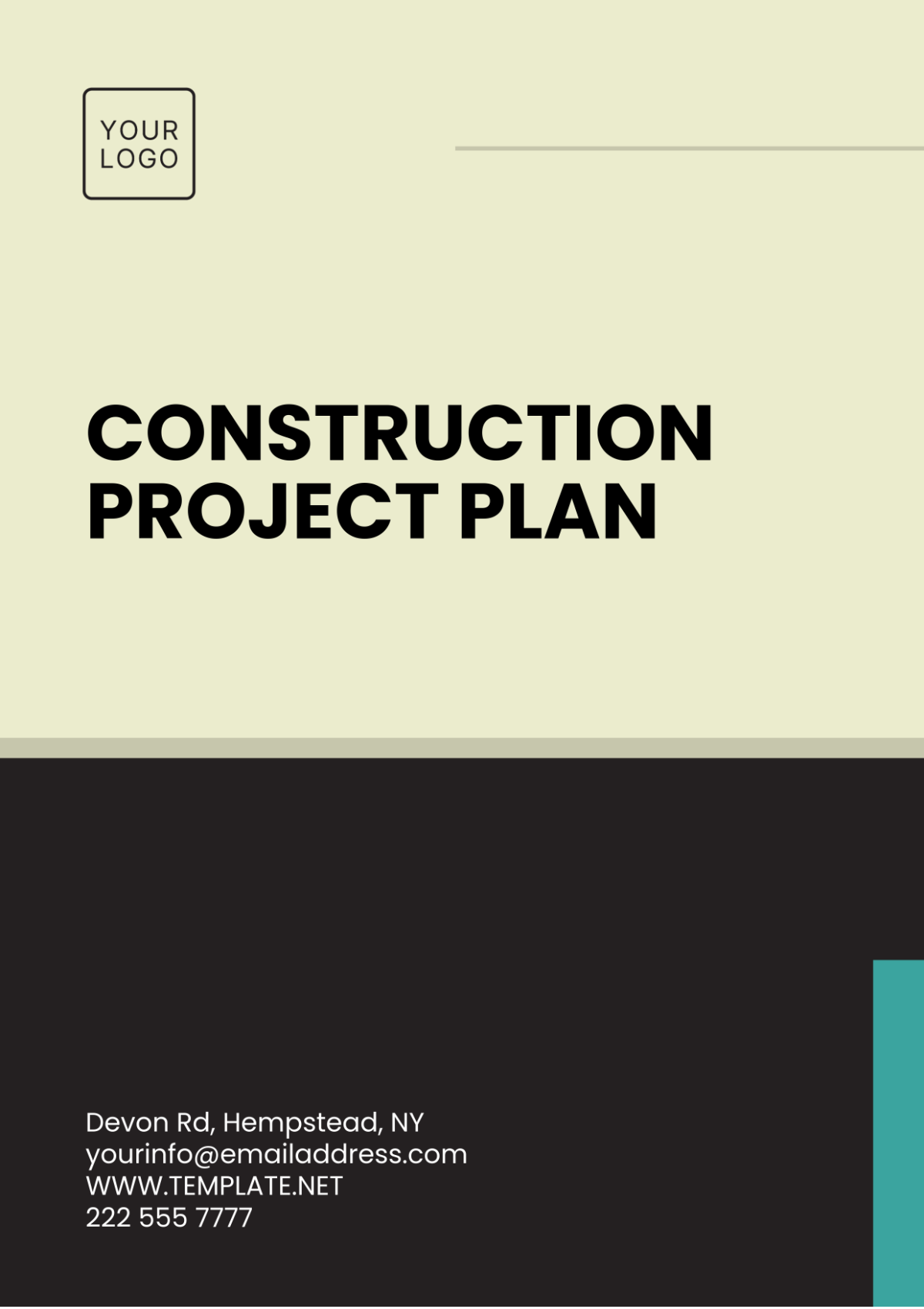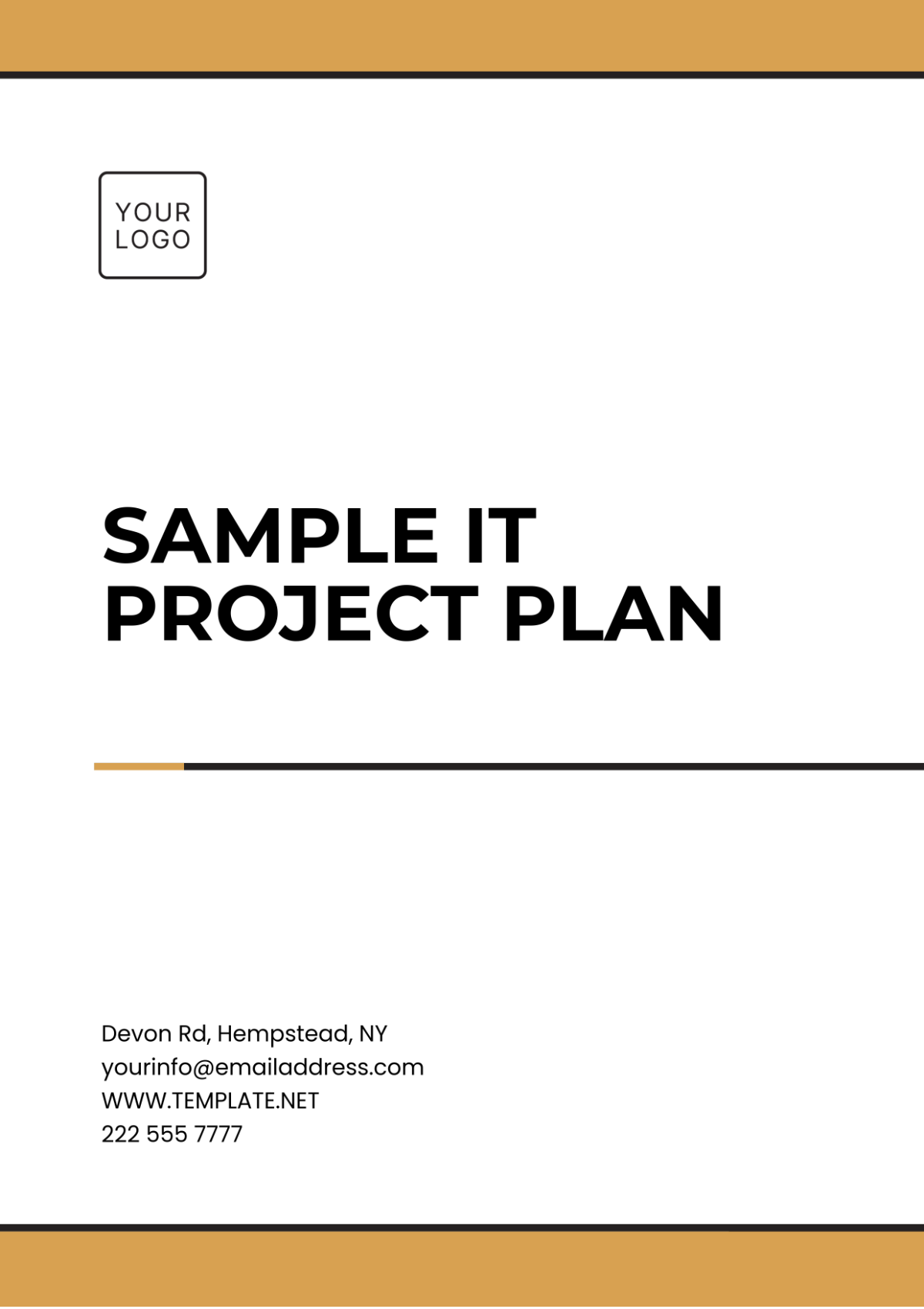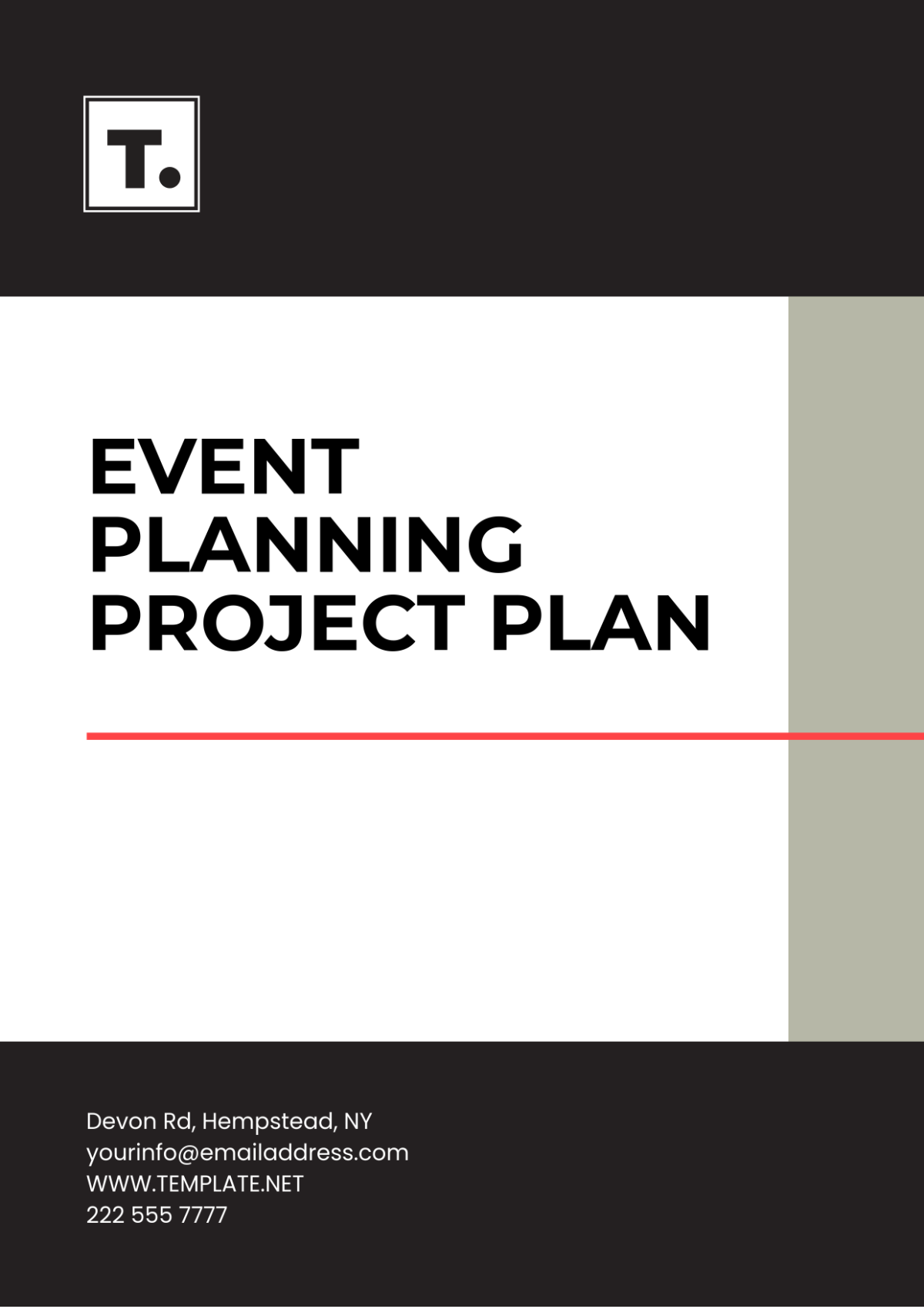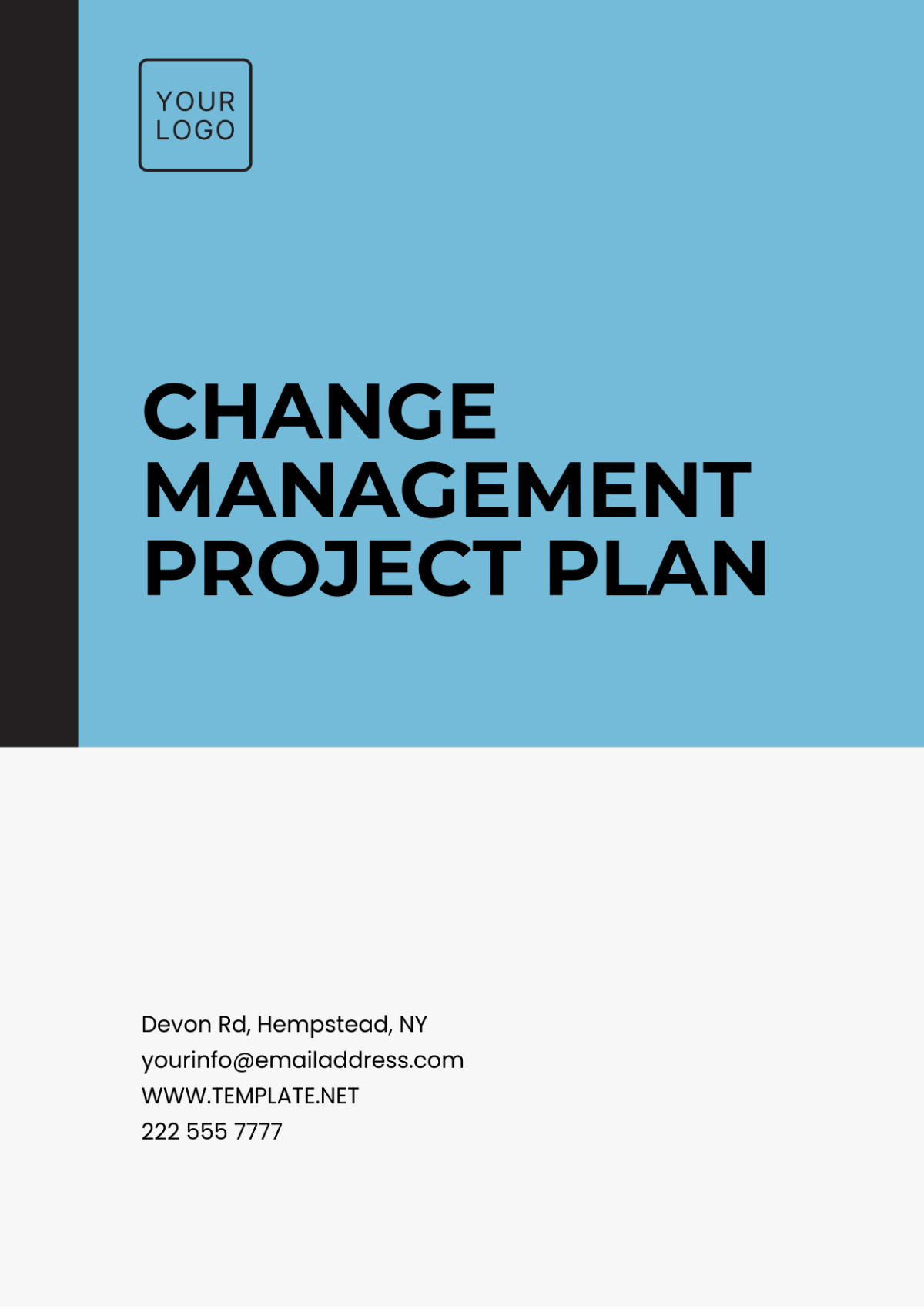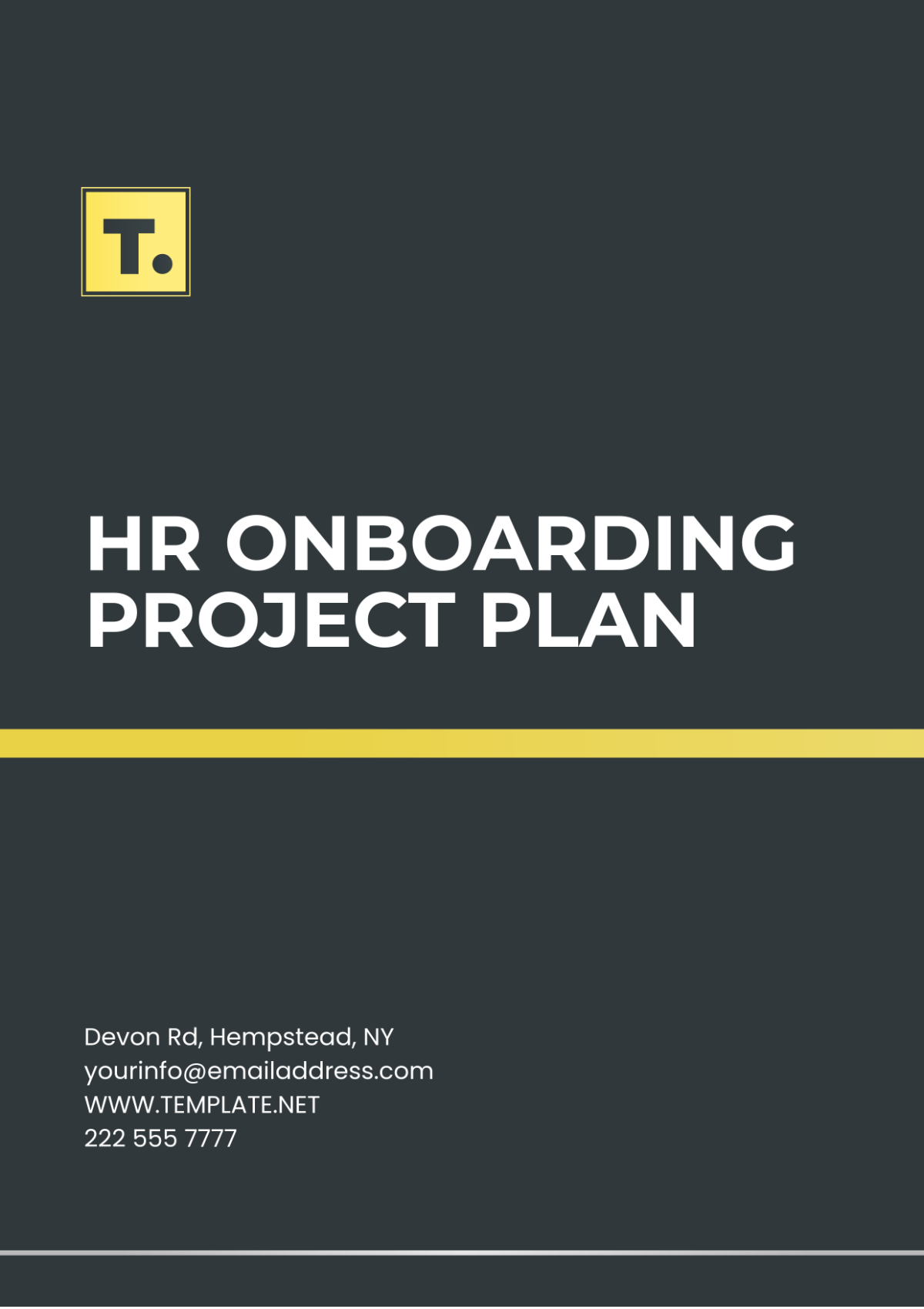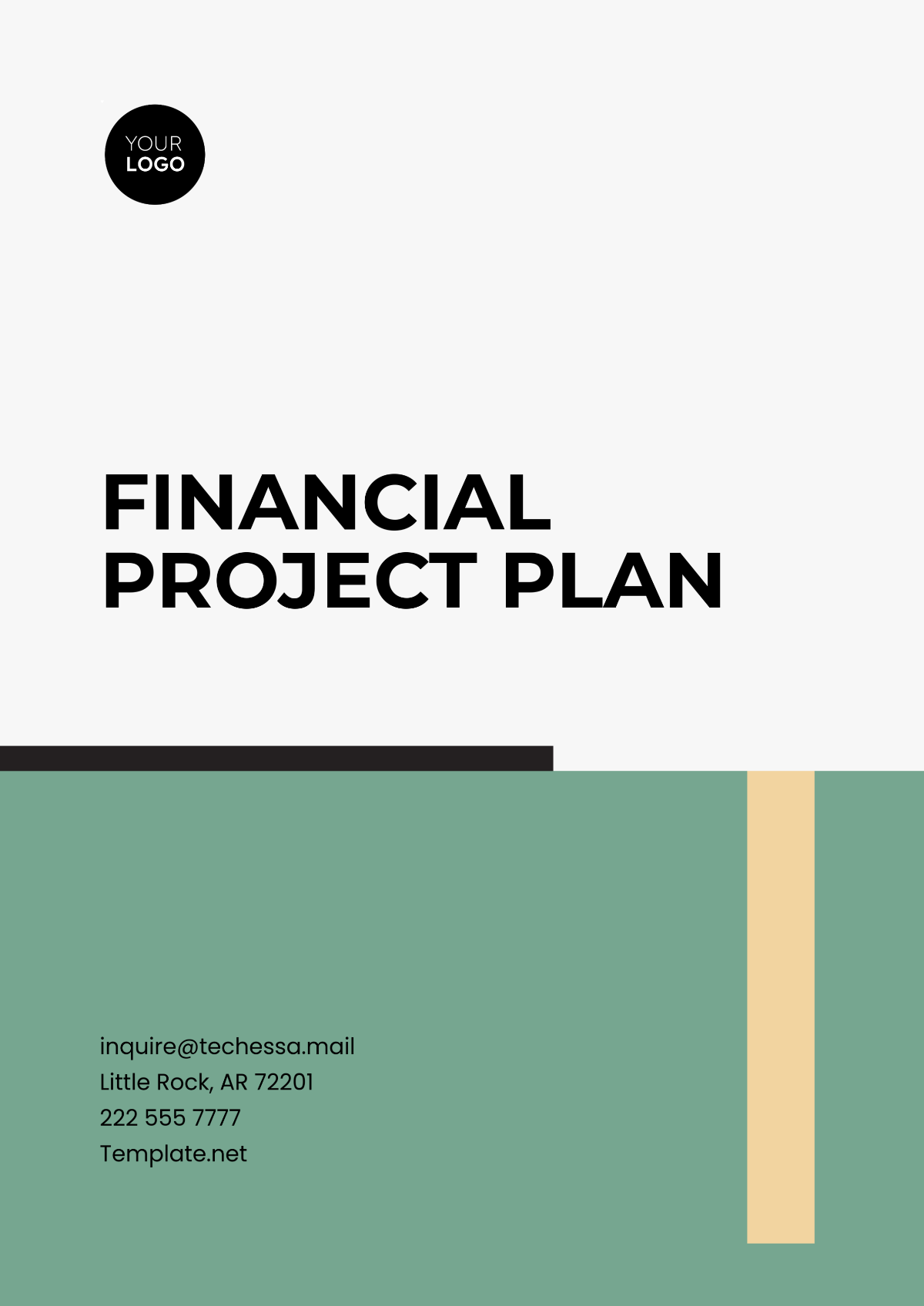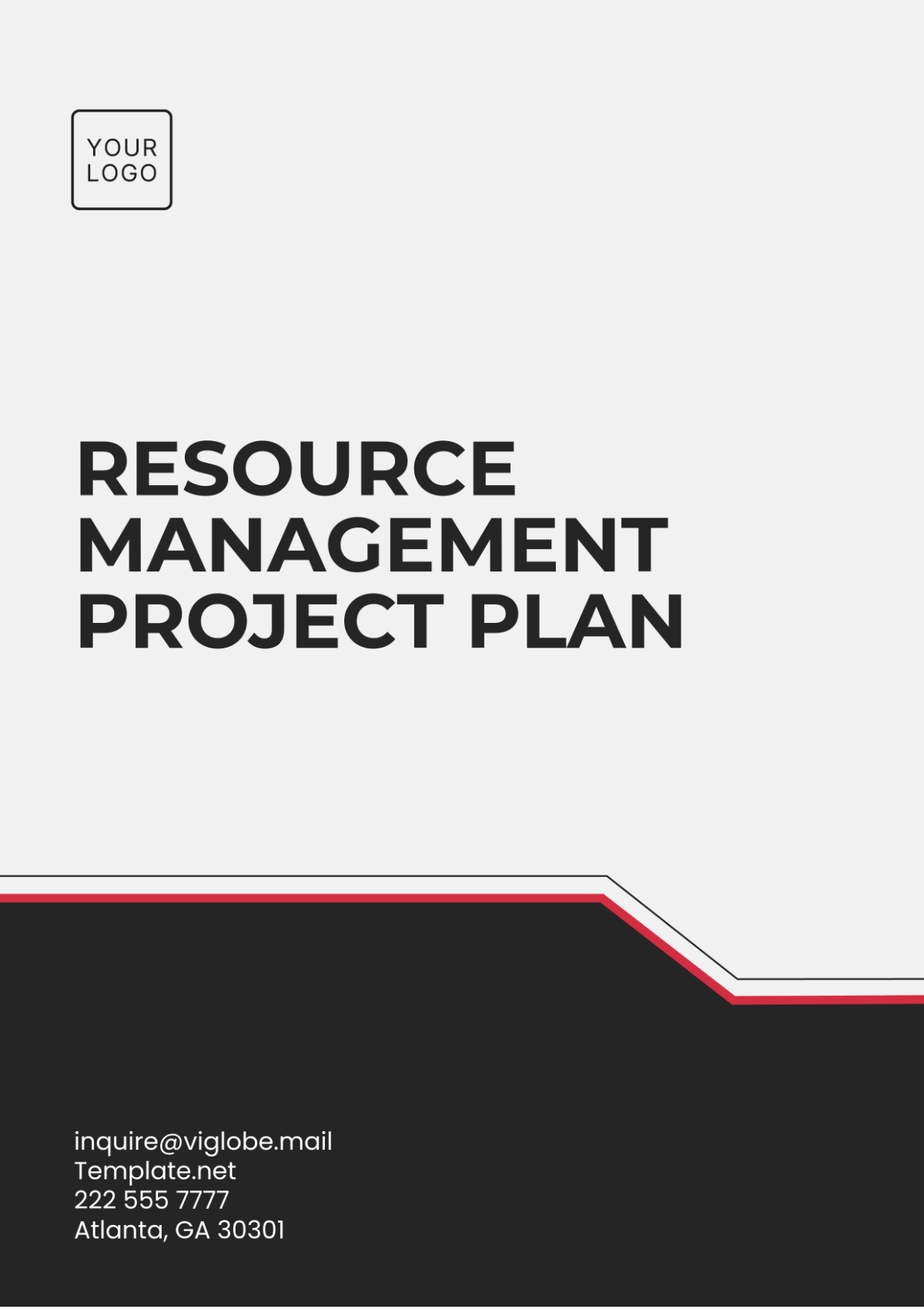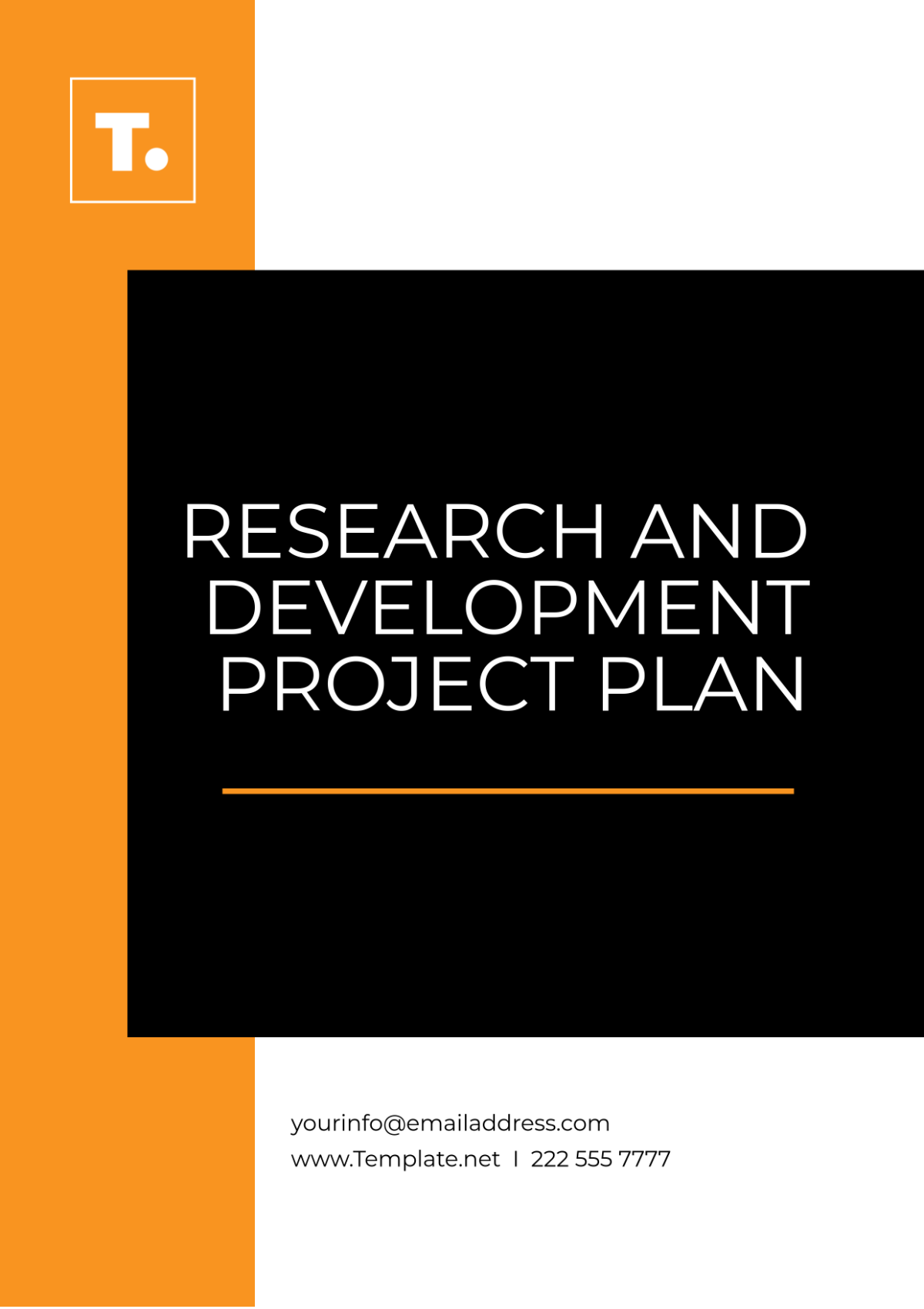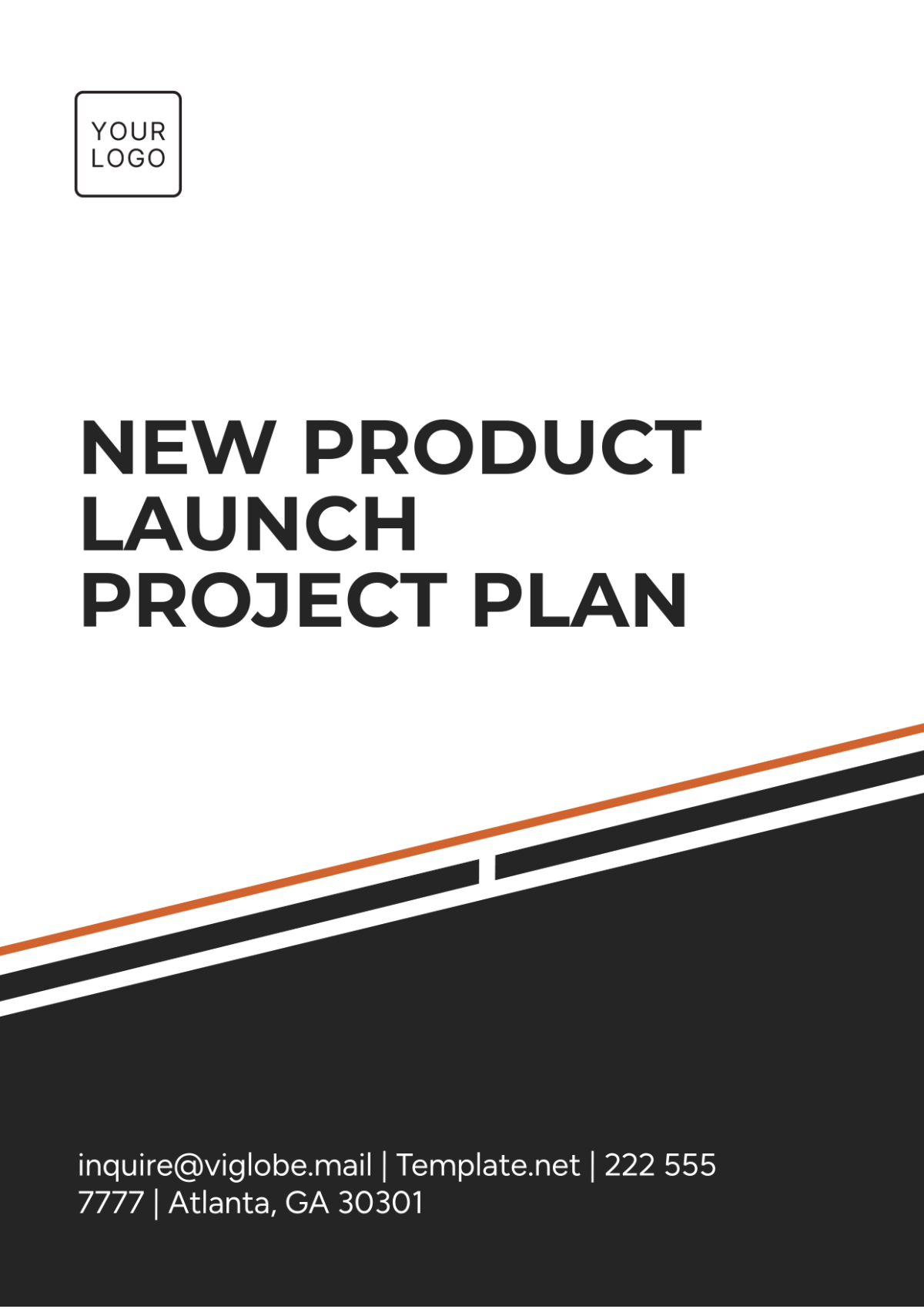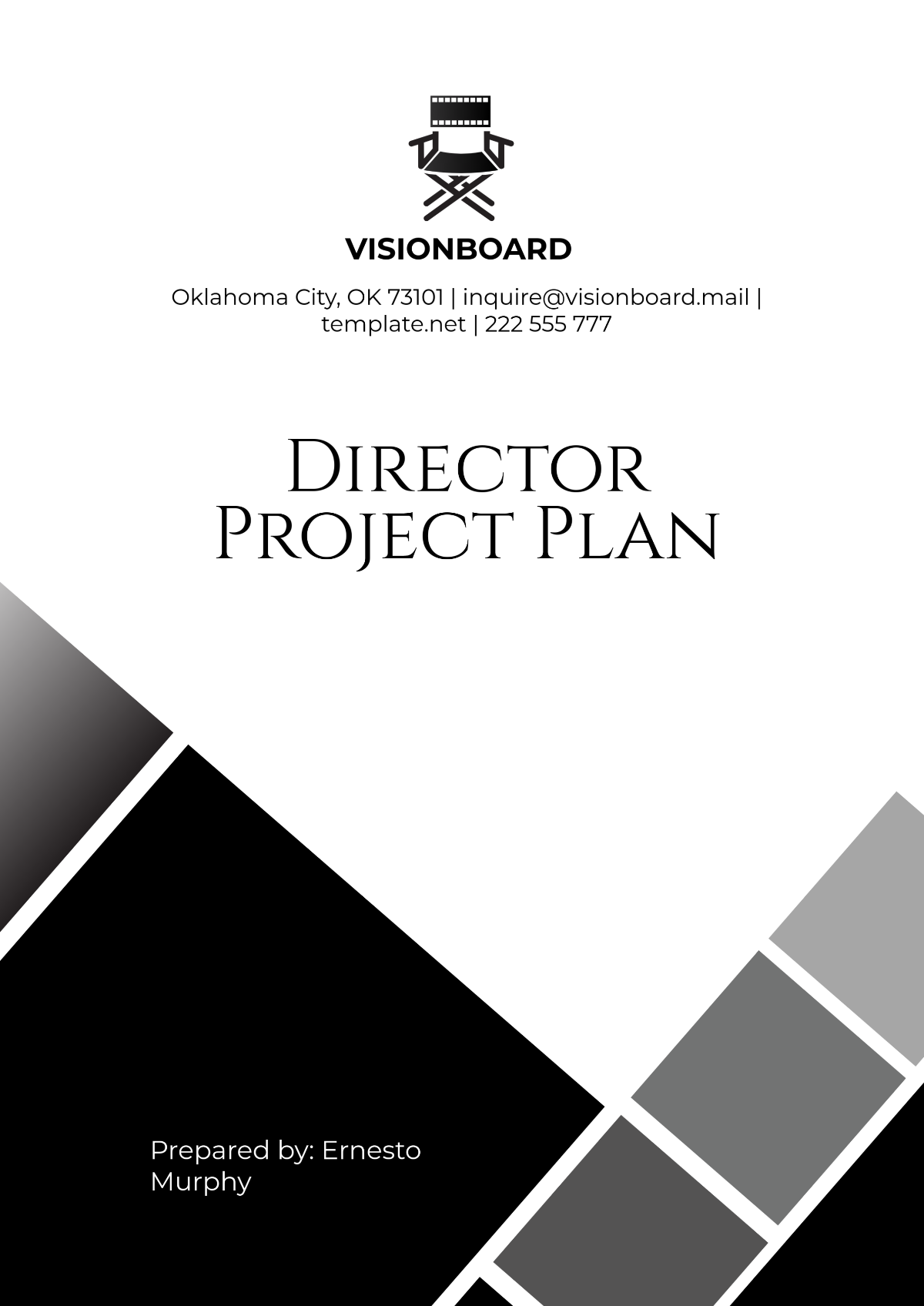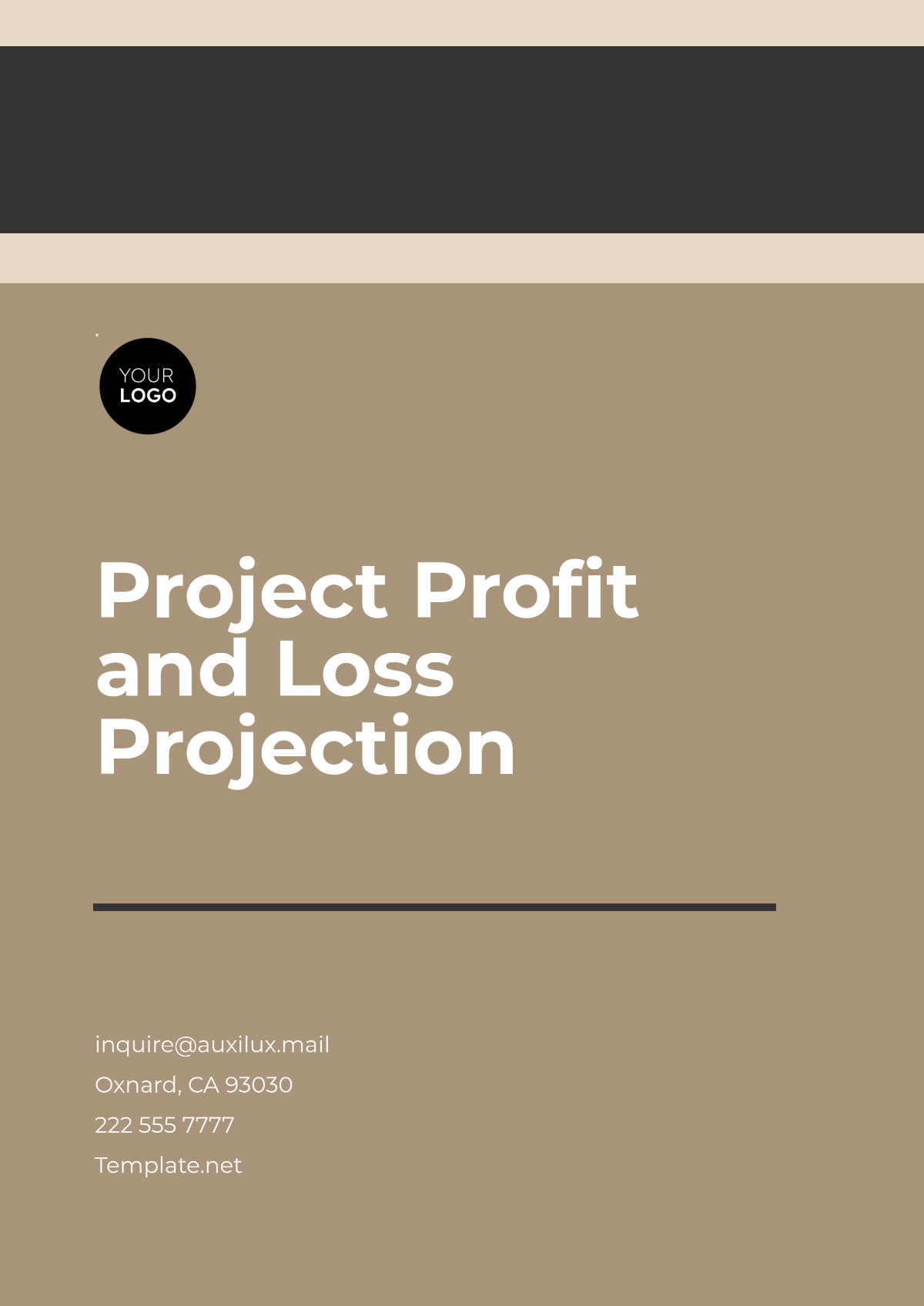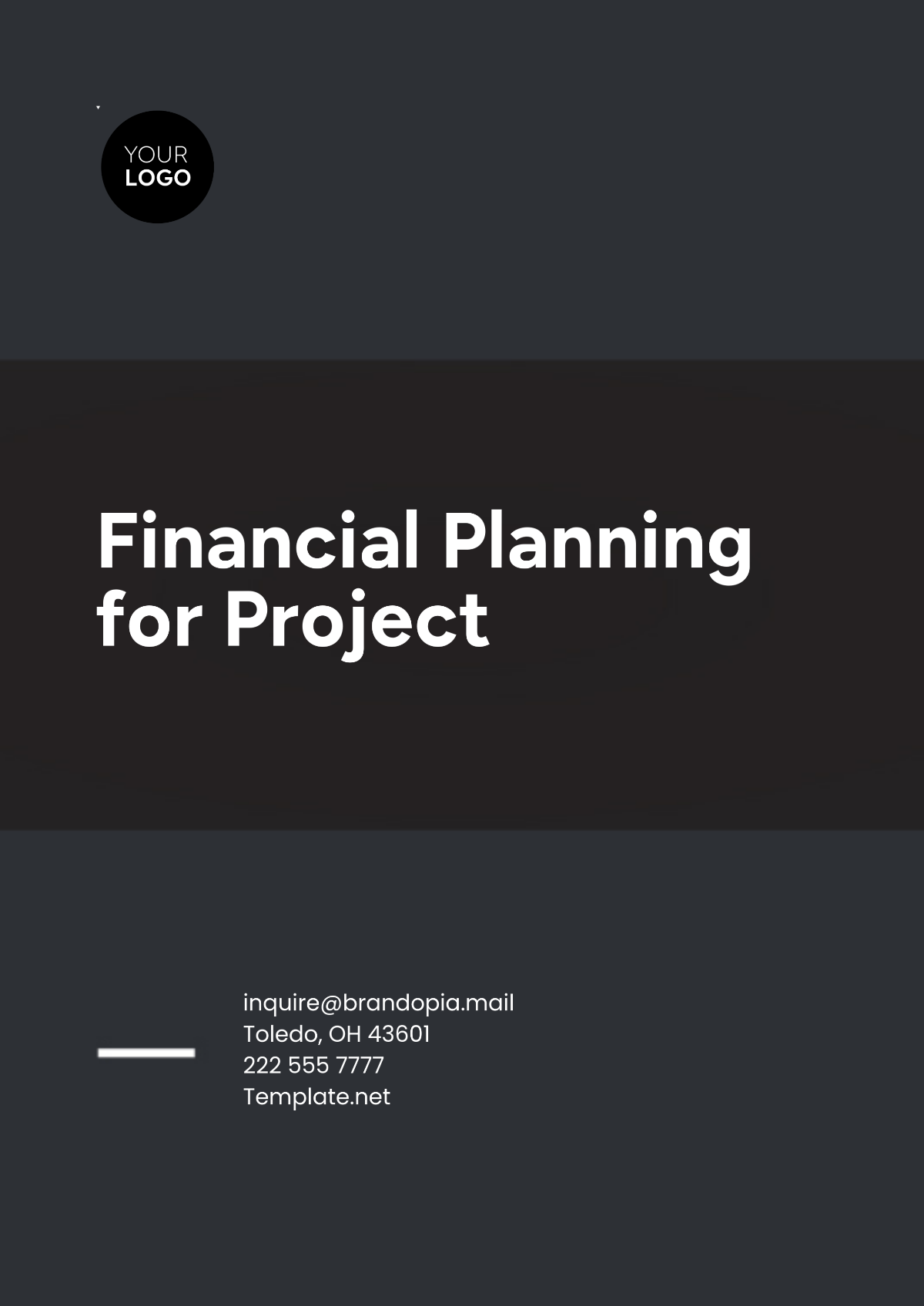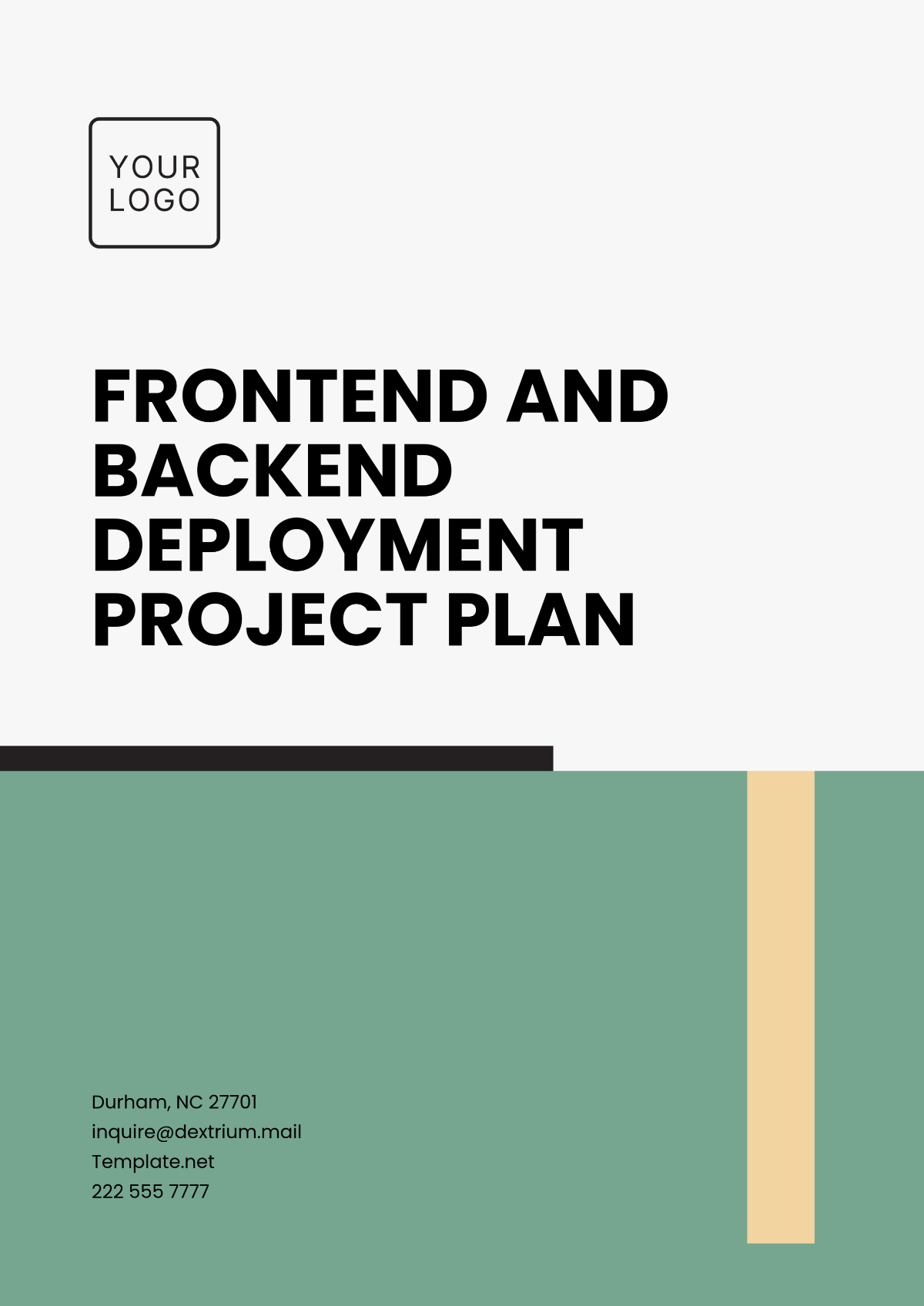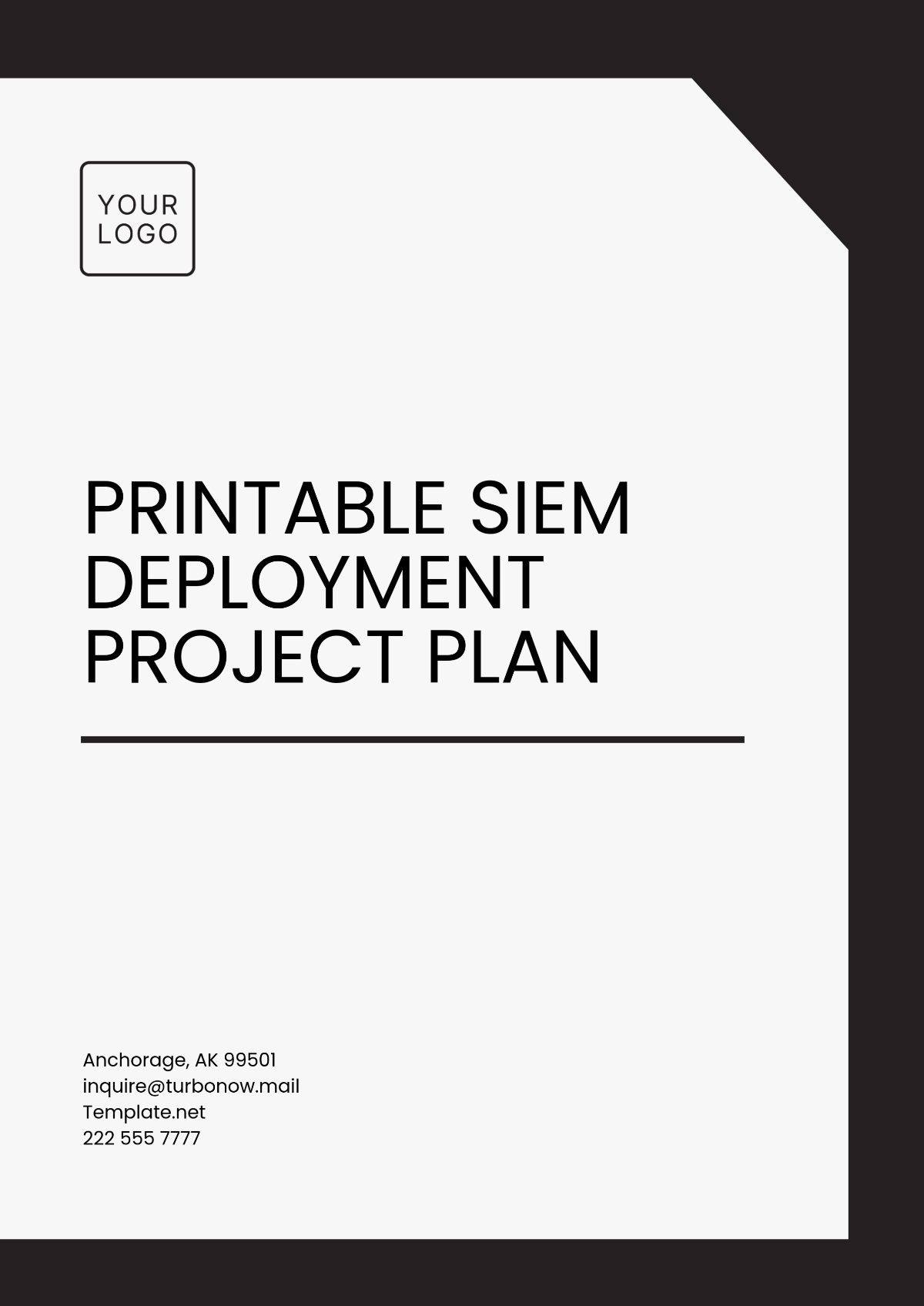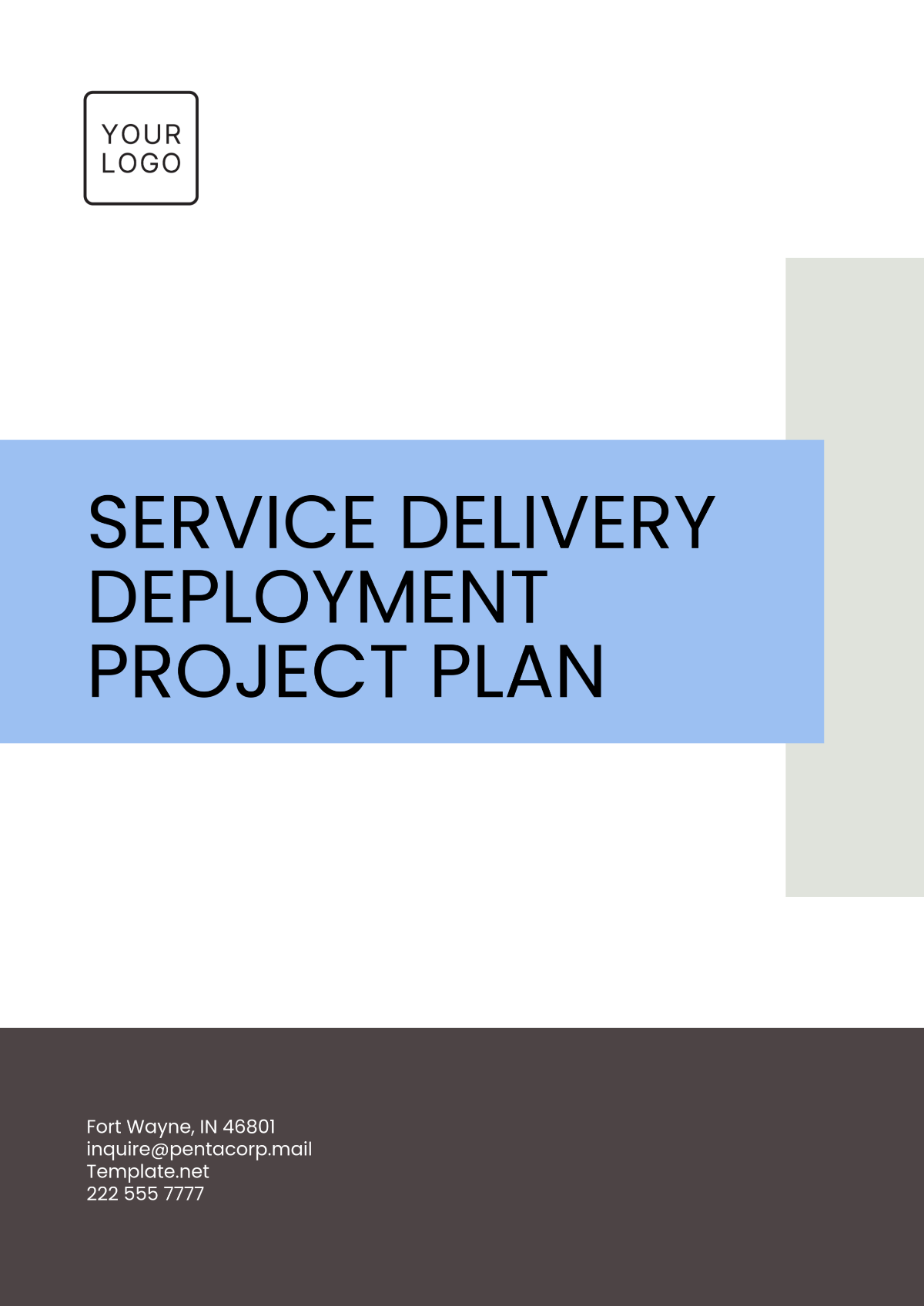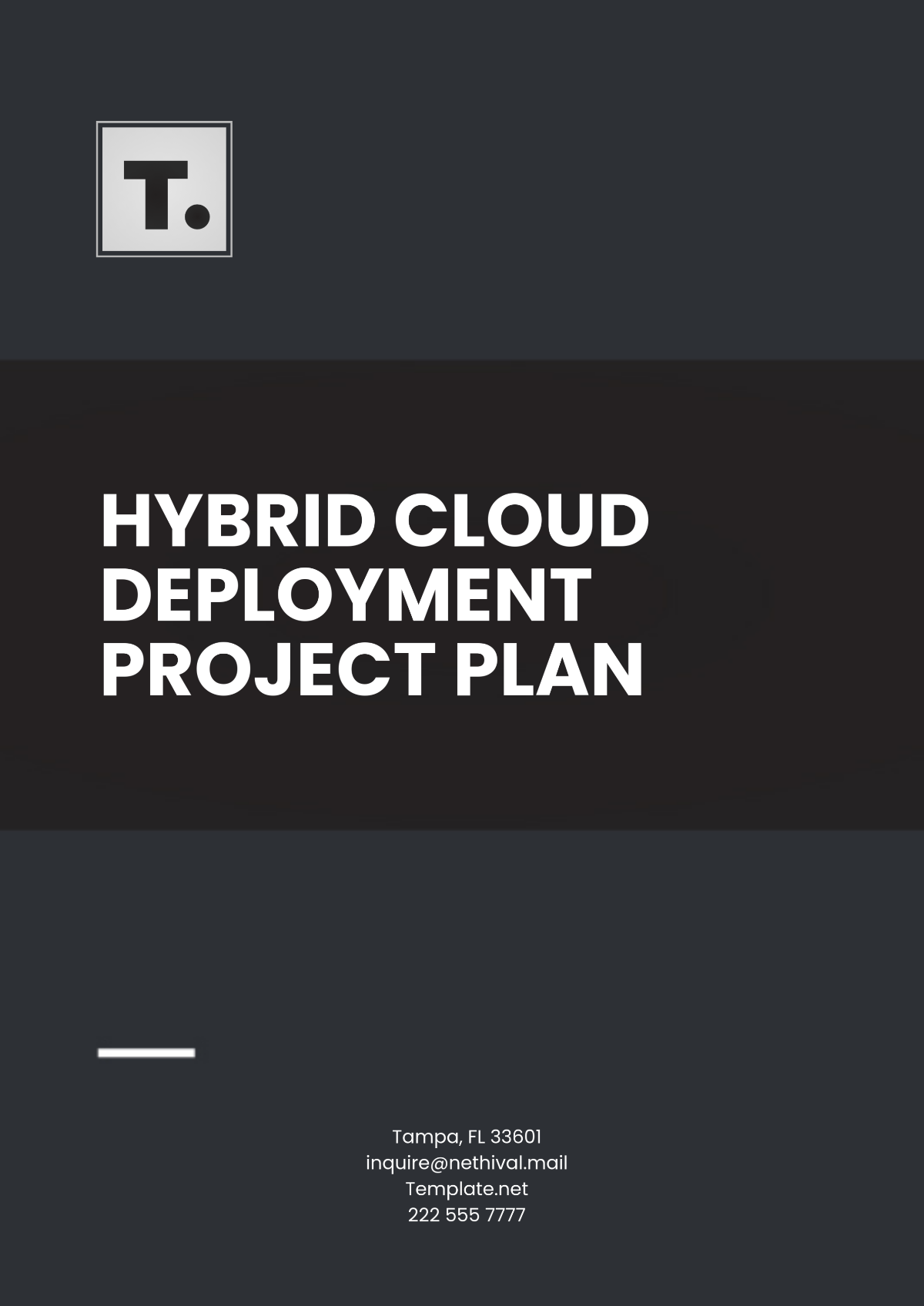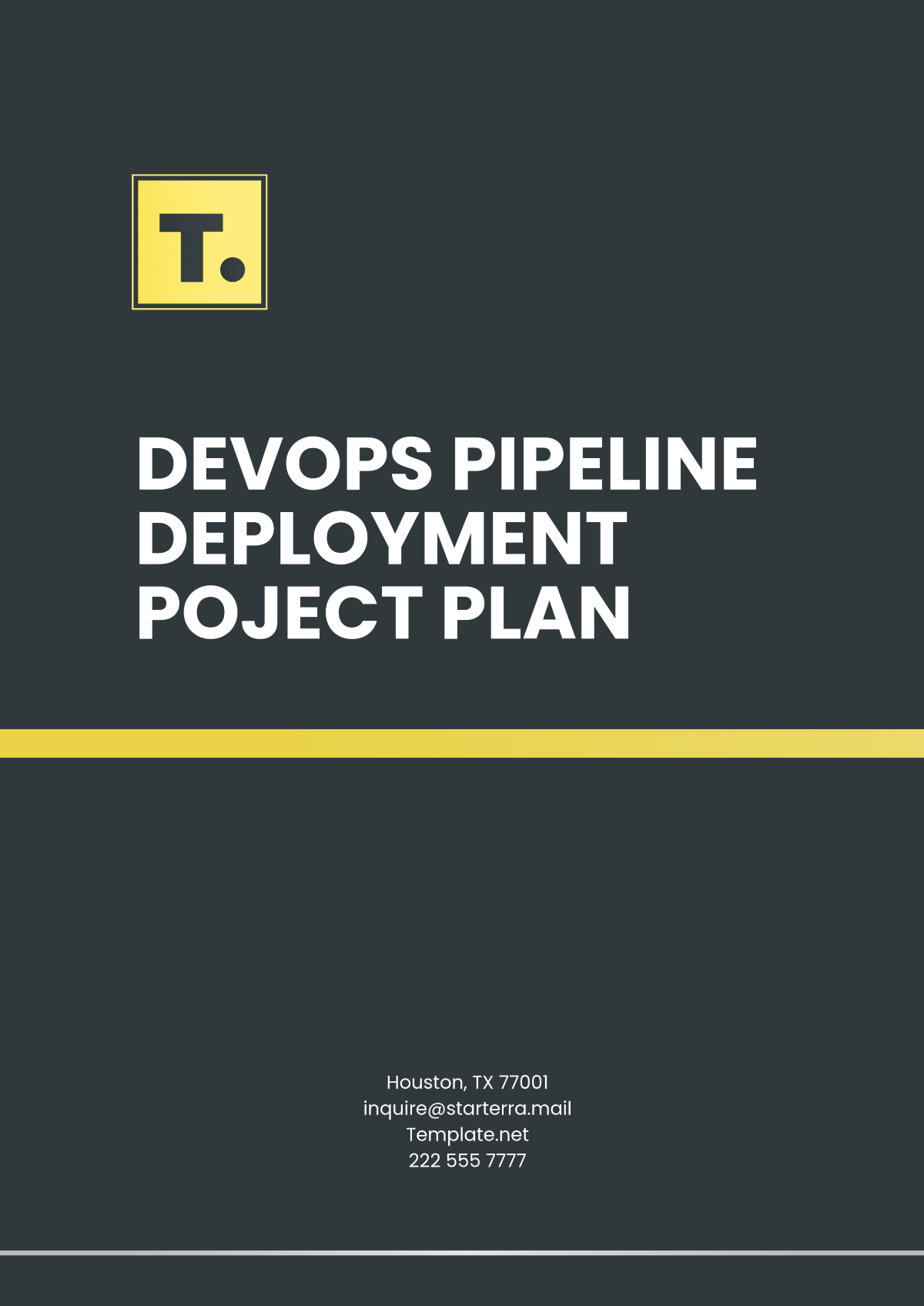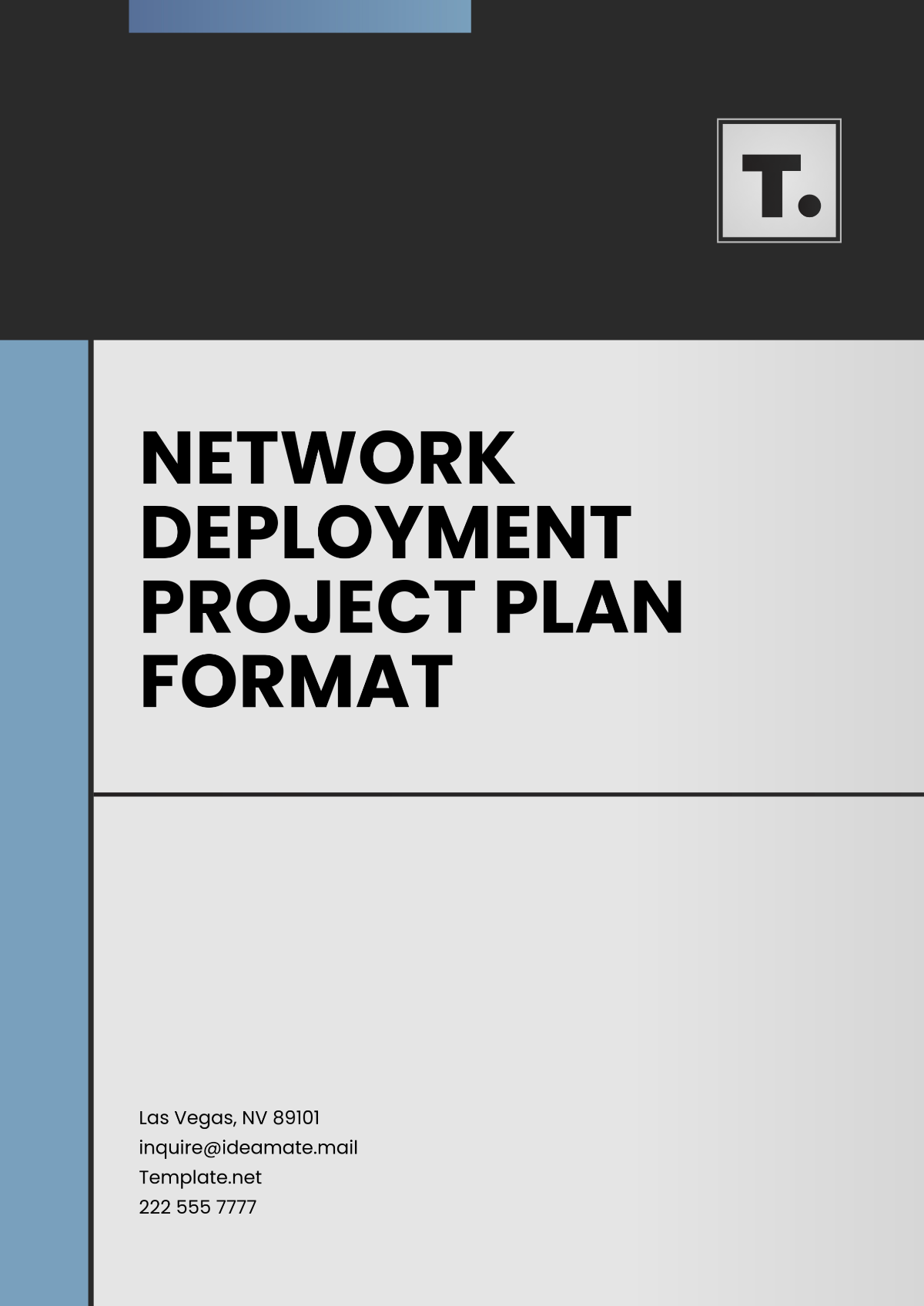Healthcare Project Plan
Project Manager: | [Your Name] |
Company: | [Your Company Name] |
Department: | [Your Department] |
Date: | [Date] |
I. Objective
The objective of this Healthcare Project Plan is to enhance existing healthcare services through the integration of technology and improvement of healthcare service delivery. The project aims to improve patient outcomes, streamline operations, and reduce costs by implementing technological solutions and process improvements.
II. Scope
The scope of this project includes the evaluation and enhancement of patient care systems, integration of electronic health records (EHR), training of medical staff, and improvement of hospital operations. The project will be carried out in phases over two years and will involve multiple stakeholders, including healthcare providers, IT specialists, and administrative personnel.
Project Phases
Phase | Description | Timeline |
|---|---|---|
Phase 1 | Needs Assessment and Requirement Gathering | Q1 2050 |
Phase 2 | System Design and Development | Q2 2050 - Q3 2050 |
Phase 3 | Implementation and Training | Q4 2050 - Q1 2051 |
Phase 4 | Monitoring and Evaluation | Q2 2051 |
Phase 5 | Project Closure | Q3 2051 |
III. Key Deliverables
Comprehensive Needs Assessment Report
Integrated Electronic Health Records (EHR) System
Training Modules for Staff
Performance Metrics Dashboard
Final Project Evaluation Report
IV. Project Governance
The project's governance structure will include a Project Steering Committee, Project Manager, Project Team Leaders, and Technical Advisory Groups. Roles and responsibilities are defined as follows:
Roles and Responsibilities
Role | Description |
|---|---|
Project Steering Committee | Oversees the project, provides strategic direction, and makes key decisions. |
Project Manager | Responsible for day-to-day management, project coordination, and stakeholder communication. |
Project Team Leaders | Lead specific project phases and ensure objectives are met within their areas. |
Technical Advisory Groups | Provide expert advice and technical guidance on specialized areas of the project. |
V. Risk Management
Risk management is essential in ensuring the project's success. Potential risks will be identified, assessed, and mitigated throughout the project lifecycle. The following steps will be implemented to manage risks:
Risk Management Steps
Risk Identification: Regular risk assessment meetings will be held to identify potential risks.
Risk Analysis: Each risk will be analyzed to determine its impact and likelihood.
Risk Mitigation: Strategies will be developed to minimize the impacts of high-priority risks.
Risk Monitoring: Ongoing monitoring will be conducted to ensure risks are being effectively managed.
VI. Communication Plan
Effective communication is crucial for the success of the Healthcare Project Plan. A structured communication plan will ensure that all stakeholders are informed of project goals, progress, and changes. The communication plan includes the following components:
Communication Strategy
Regular Status Updates: Weekly progress updates will be distributed to all stakeholders.
Stakeholder Meetings: Monthly meetings will be scheduled to discuss project developments and address concerns.
Feedback Mechanisms: Feedback will be solicited from stakeholders to improve project processes and outcomes.
Documentation: Comprehensive documentation will be maintained and made accessible to authorized personnel.
VII. Conclusion
In summary, the success of this Healthcare Project Plan is crucial for advancing healthcare services through technology and operational efficiency. By adhering to project phases, risk management, and communication, the aim is to deliver an integrated EHR system, training modules, and a performance dashboard. This will improve patient care, optimize operations, and reduce costs. The project relies on stakeholder collaboration and a strong governance structure for its success.
